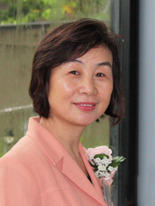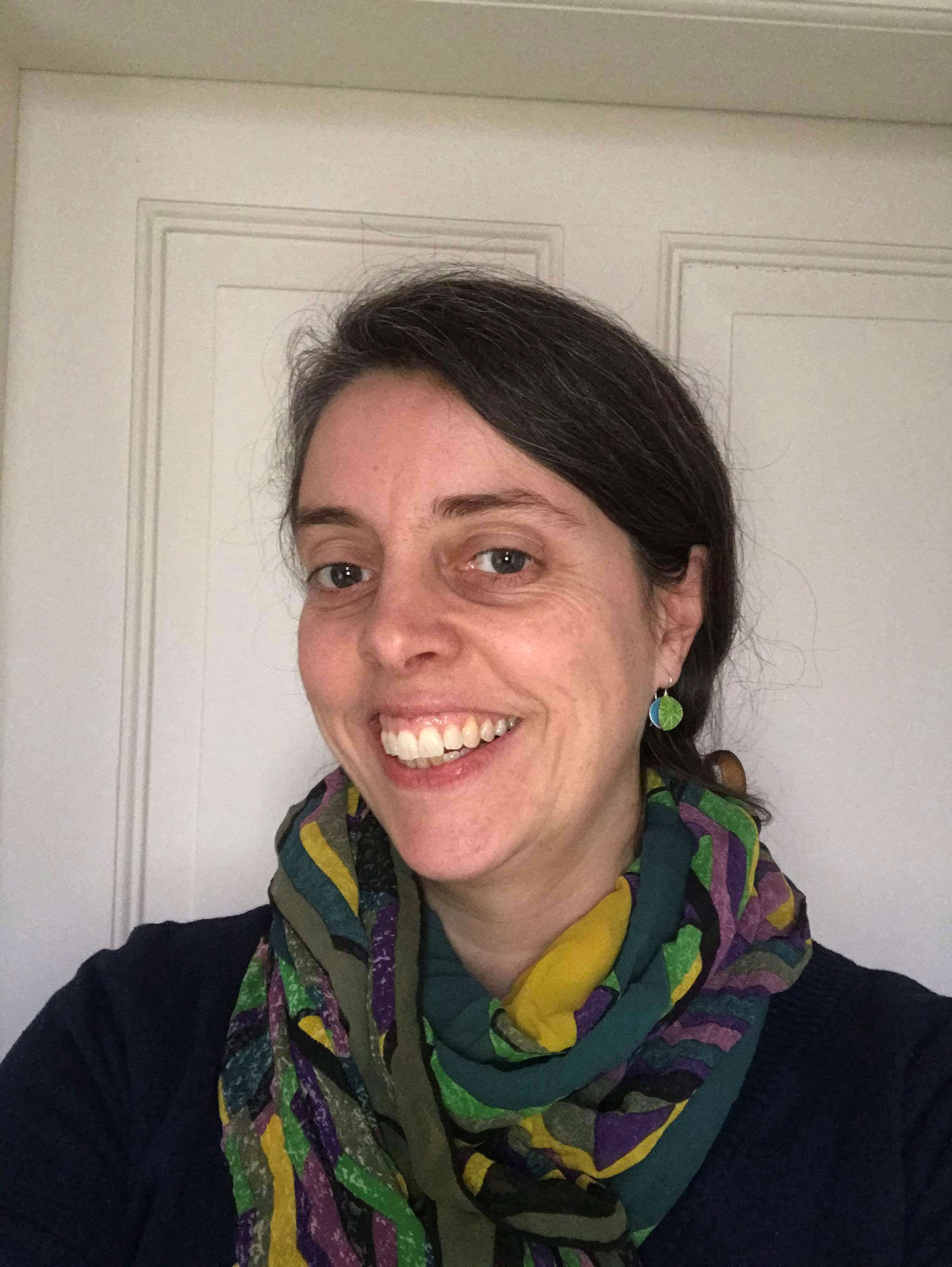Asian Studies
Welcome
To advance knowledge of Asia through interdisciplinary teaching, research and engagement
News and Events

On November 6, Professor Nathan Hill (Sam Lam Professor of Chinese Studies, Trinity College Dublin) and Dr. Julien Baley (Postdoctoral Researcher, SOAS University of London) jointly delivered an engaging lecture titled “Historical Phonology and Paleography: Building Together for Mutual Benefit.” This was the 17th talk in the “Frontiers in Excavated Manuscripts and Paleography” lecture series, hosted by Associate Professor Rens Krijgsman of the Research and Conservation Center for Unearthed Texts, Tsinghua University. In the lecture, Professor Hill introduced his linguistic research project, “Han Phonology: How Chinese Became ‘Chinese’.”

Speaker: Andrew Mertha
Date: Monday, 17 November 2025, 1pm – 2.30pm
Venue: C6.002 TRiSS Seminar room, Level 6, Arts building
In 1979, the Vietnamese army seized Phnom Penh, toppling Cambodian dictator Pol Pot’s notoriously brutal regime. Yet the Khmer Rouge did not disintegrate. Instead, the movement continued to rule over swathes of Cambodia for almost another two decades even as it failed to become a legitimate governing organization. How was this possible given that the Khmer Rouge were responsible for the deaths of a quarter of all Cambodians between 1975 and 1979, by then a matter of historical record? .click here for more details
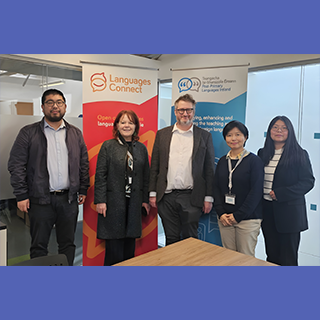

On 22 September 2025, Professor Nathan Hill and Mr Fan Jiang attended a national day reception hosted by the Chinese Embassy in Ireland in Dublin. His Excellency Xiyuan Zhao, Ambassador of China to Ireland, and Ceann Comhairle Verona Murphy reflected on China’s achievements, the importance of multilateralism, and the shared responsibility of China and Ireland in addressing global challenges.

Thursday, 20th November 2025, 12pm - 13:00pm
Venue: Online
Humour presents national attributes, and there are notable differences between Chinese and Western humour regarding cultural traditions and linguistic forms. However, Chinese humour emphasizes the interplay between sublimity and irony, which bears a notable resemblance to British humour that relies on deviations in language, style, and rhetoric. This similarity lays the foundation for the translatability of humour across cultures. Lao She’s humorous Beijing local-coloured language can be meaningfully compared to the satirical depictions of the London life in Charles Dickens’ works, illustrating the shared art of humour across linguistic boundaries. In the translation of humour, it is crucial for translators to identify culturally equivalents in the target language, thereby addressing the challenges posed by cultural differences in the reproduction of humorous elements. Furthermore, translators should develop a precise understanding of the stylistic and rhetorical mechanisms of humour in both source and target languages to ensure its effective translatability. Last but not least, translators should cultivate the ability to employ linguistic creativity and deviation to convey the humorous effect accurately arising from stylistic incongruity and rhetorical paradox in the original text.click here for more details including Zoom link

Date: 22 – 24 October 2025 - Trinity College Dublin, Ireland
Venue: Hybrid
This conference showcases research on the human aspects of Japanese literary translation. It contributes to the development of Japanese Translation Studies and raises the visibility of the Japanese context within Translation Studies.click here for more details of the programme


Date: Friday, 14 November 2025, 3pm – 4.30pm
Venue: Robert Emmet Theatre (Room 2037) Arts Building
Little is known outside of China about its recent Marxist philosophy, even though it is an intellectual endeavour of enormous proportions with relevance beyond academia. There is a reciprocal influence between official ideology and political practice, as the emergence of key concepts in Chinese socialism and the history of the reception of Marx’s primary texts both reveal. In its own self-understanding, Chinese Marxist philosophy provides the theoretical basis for a project of national self-emancipation, as can be seen in current debates on culture (in its “second integration”), economics (a “new philosophy of development”), and politics (the “original aspiration and founding mission”). The theoretical challenge Chinese Marxism is currently facing is apparent in the prevailing concept of “civilization,” and leads to a key question: do the conditions for China’s emancipation also reflect the conditions for a general emancipation that extends beyond China?


Rowan MacConville’s work exemplifies the high standards of research and academic excellence that the Adrian Tien Prize seeks to honor. We extend our warmest congratulations to Rowan on his achievement. The Trinity Centre for Asian Studies takes great pride in celebrating the exceptional accomplishments of our students and the legacy of Adrian Tien.

Date: Thursday, 23 October 2025, 12pm - 1:30pm
Venue: 4073 Arts Building, Trinity College Dublin
This talk explores the evolving landscape of Asian language education in Ireland, focusing on curriculum provision across primary and post-primary levels and the professional pathways supporting teachers. Drawing on recent research and policy developments, it examines how Asian languages (Mandarin Chinese, Japanese, Korean) have been integrated into Irish schools, highlighting teacher support and capacity building. The session also considers the opportunities and challenges in teacher qualification, registration, and professional learning for Asian languages, offering insights into sustaining high-quality provision and strengthening Ireland’s capacity for Asian language education.

Date: Oct. 23rd Thursday, 17:00 - 18:00
Venue: TRiSS seminar room
This lecture revisits the heyday of US-China relations, the period from the late Qing dynasty to the end of the Second World War. It examines the significance of US-China relations in a variety of world regions by explaining how the promise of transnational higher education, the politics of history and diplomatic ingenuity forged avenues of cooperation that were unprecedented and consequential for the international order. Drawing on this era of US-China cooperation poses critical questions about how the past relates to the present in harshly different conditions and how historians and citizens generally can navigate the trends of their own time.


This is a workshop co-organised by Centre for Asian Studies and Centre for Digital Humanities
Speaker: Lik Hang Tsui
Date: Oct. 17th Friday, 2 - 4 pm
Venue: Neill Theatre, Long Room Hub, Trinity College Dublin
This workshop offers a forum for sharing insights and collaboratively exploring how digital tools are reshaping historical research and teaching in Chinese studies. We will begin with a concise introduction to foundational concepts in digital humanities, using Chinese historical research as core examples to demonstrate applicable methods. The session will include practical demonstrations of using digital tools to locate and analyze historical figures and place names in classical Chinese texts and records from imperial China, followed by a discussion of how text markup and collaborative annotation can deepen engagement with these sources. We draw on open resources such as the China Biographical Database (CBDB), the China Historical Geographic Information System (CHGIS), and the Chinese Text Project (CTEXT). We will also examine the transformative potential of LLMs, considering how AI can support text generation, question design, and the creation of engaging educational content for Chinese history. Throughout, we emphasize integrating digital humanities tools into the research and learning of Chinese history, addressing both the challenges and opportunities presented by digitization and artificial intelligence.

Speaker: Lik Hang Tsui
Date: Oct. 16th Thursday, 5 - 6 pm
Venue: TRiSS seminar room, Trinity College Dublin
The digitization of historical information and the digital humanities paradigm enable new and fruitful explorations across various historical periods and regions, including unique challenges and opportunities presented by different linguistic and textual traditions. This lecture, intended for newcomers to digital research on Chinese history, will showcase approaches for harnessing digital technologies in the study of Chinese history, while highlighting the applicability and implications of these methods. This data-driven line of inquiry is transforming knowledge discovery for the interpretation of the long span of Chinese history and serves as an excellent interface for interdisciplinary collaboration across the humanities and other fields.


Date: Thursday, 9th October 2025, 4pm - 5:15pm
Venue: TRiSS seminar room, Trinity College Dublin
Throughout history, several South Korean leaders have actively pursued peace initiatives on the Korean Peninsula. However, these efforts have frequently been met with significant domestic resistance, often driven by public opposition. Despite diplomatic attempts to foster rapprochement with North Korea, a considerable portion of South Korean citizens remain skeptical or outright resistant to such peace-making endeavours. Then, who are the individual’s opposing reconciliation with North Korea, and what political contexts shape their views? This talk seeks to explore these critical questions by analyzing public opinion through survey data and social media discourse. By examining these sources, the discussion will shed light on the factors influencing South Korean attitudes toward inter-Korean peace and North Korea. Click here for more details.

Date: October 2nd 17:00 - 18:00
Venue: Long Room Hub ,Neill Theatre, Trinity College Dublin
The lecture applies the concept of “semiotic sovereignty” to understand the political dynamics of language and semiotic systems in Asian countries, looking at the cultural and political dynamics between nation states and various indigenous minority groups. The Asian cases are contrasted with cases in Mexico and Europe, focusing on how states construct semiotic hegemonies, while minority public spheres resist such hegemonies through strategies of stealth or proliferation of indigenous signs.Click here for more details.

Date: Friday, September 26th 2025, 2pm-3.30pm
Venue: Room 5052, Arts Building, Trinity College Dublin
The presentation explores the evolving relationship between India & Ireland, analyzing key aspects such as historical ties, geo-economics & geo-politics (in the EU Context), and people-to-people connections. It highlights India’s growing role in global prosperity and its strategic importance in the world economy, especially in light of shifting global alliances like BRICS+. Key topics include India’s structural reforms, semiconductor supply chain, healthcare advancements, and digital economy transformation through initiatives like the 5G revolution and startup innovation. The presentation also examines the impact of EU-China relations on India’s economic and strategic positioning, emphasizing trade policies, economic engagement, and India’s role in global supply chains. The discussion extends to intellectual capital, women’s empowerment, and India’s place in the global economy. Concluding with a vision for a shared future, it outlines a roadmap for peace, prosperity, and collaboration between India and Ireland (& the EU) in shaping the 21st century. Click here for more details.

Date: Thursday, 25th September 2025, 12pm - 13:00pm
Venue: Zoom
Admission: Free to all. Click here for more information and Zoom link
For nearly seven decades since Luo Changpei and Zhou Zumo completed their analysis of Han Dynasty rhyme in the 1950s, there has been no significant advancement in our understanding of the final system of the Han Dynasty Chinese. This stands in stark contrast to the substantial progress made in the field of OC phonology research. For a long time, we seemed forced to accept the frustrating fact that, compared to the chronologically later Han Dynasty, we actually have a deeper understanding of the phonological system of the earlier pre-Qin period. After revisiting this "forgotten corner" in the history of Chinese phonology with new research methodologies and tools, the researcher has arrived at some exciting conclusions. In this talk, he will introduce two key findings. Click here for more details, including Zoom link.

Assistant speakers: Dr. Lijing Peng (Trinity Centre for Asian Studies), Thomas Charles Marshall (Director of Music at St. Ann’s Church Dublin)
Date: Tuesday, 23rd September 2025, 3.30pm - 5pm
Venue: Room 4073, Arts Building, Trinity College Dublin
Few performers have been as important in the history of Japanese music and literature as the blind males who sang tales and performed ritual recitations accompanied by biwa (a fretted lute) from at least a thousand years ago. The remarkable persistence of blind ritualist-entertainers in rural Kyushu drew the attention of Tokyo-based scholars in diverse fields – among them ’national literature studies’ (kokubungaku), religion, folklore, and musicology – primarily because the musicians’ professional activities seemed to embody the dual functions of the pre-modern biwa-houshi. This talk firstly will introduce the performance tradition that Hyodo and others documented, then position it in relation to a ’modern biwa’ (kindaibiwa) practice, aspects of which will be presented and analysed by two other speakers in this event. Click here for more details

Date: Thursday, 11th September 2025, 19:30pm - 21:00pm
Venue: Robert Emmet Theatre (Room 2037) Arts Building, Trinity College Dublin
Admission Details: Book here (please note there are only 150 available places)
On the 11th of September 1893 Vivekananda gave a speech at the Parliament of Religions meeting in Chicago. Today’s talk will explore ideas and themes of Advaita Vedanta that were presented eloquently by him on that day and developed by him in his talks and writings. Margaret Noble became a disciple of Vivekananda after meeting him in London and went to India at his suggestion to help spread women’s education in India. Click here for more details.

Date: Tuesday, 2nd September 2025, 12:00pm - 4:00pm
Venue: Trinity Global Room
Admission Details: Free and open to all. No prior registration required
The Trinity Centre for Asian Studies (TCAS) is pleased to host ‘University Intercultural Exchange (UNITE25): Mapping Sarawak to the World’, in collaboration with Universiti Teknologi MARA (UiTM) Sarawak Branch, the Ministry of Tourism, Creative Industry and Performing Arts Sarawak, and the Embassy of Malaysia in Dublin. This vibrant, hands-on cultural showcase brings the rich heritage of Sarawak, Malaysia to Trinity College Dublin through a series of interactive workshops and performances. Click here for more details.


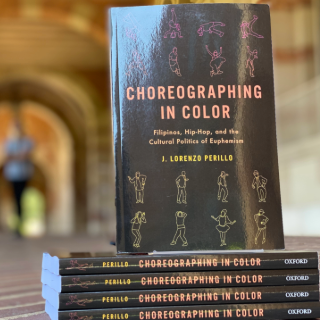
Date: June 27th, 15.00 - 16.00
Venue: Room 5025, Arts Building, Trinity College Dublin
In Choreographing in Color, J. Lorenzo Perillo investigates the development of Filipino popular dance and performance since the late 20th century. Drawing from nearly two decades of ethnography, choreographic analysis, and community engagement with artists, choreographers, and organizers, Perillo asserts the importance in shifting attention away from the predominant Philippine neoliberal and U.S. imperialist emphasis on Filipinos as superb mimics, heroic migrants, model minorities, and natural dancers and instead asks: what does it mean for Filipinos to navigate the violent forces of empire and neoliberalism with street dance and Hip-Hop? Employing critical race, feminist, and performance studies, Perillo analyzes the conditions of possibility that gave rise to Filipino dance phenomena across viral, migrant, theatrical, competitive, and diplomatic performance. In this talk, Perillo will share from the book to discuss examples of euphemism, which enable social critique about dancers’ critical role in both Filipino migration and Hip-hop’s globalization. Click here for more details.
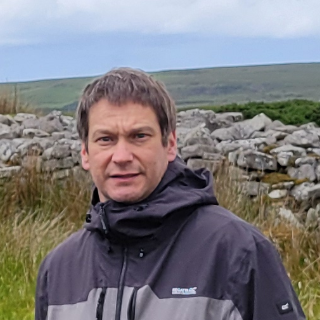
Date: Sunday 15th June 2025, 14:00 - 15:30
Venue: Arts Building, Room 4050B
As the opening presentation of this summer school on ancient Trans-Himalayan languages, Dr. Bodt will present an example of how the script of one of these languages, namely Tibetan, can be used to develop an orthography for a language spoken at present, namely Tshangla. Dr. Bodt will give an introduction to the Tibetan script and to the Tshangla language. Then, Dr. Bodt will discuss proposals for an orthography for Tshangla based on the Tibetan script, and also examine the potential issues that arise when doing this. Click here for more details.
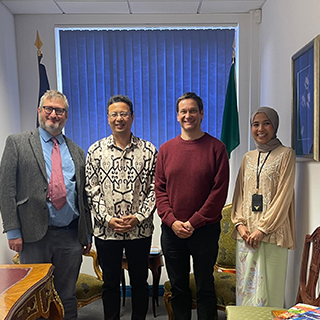
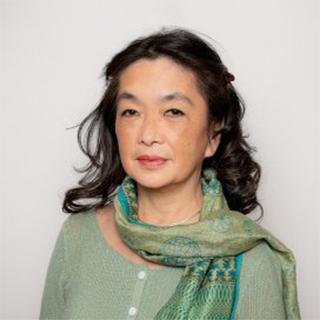
Date: Wednesday, 28 May 2025, 12:00pm
Venue: Trinity Centre for Literary and Cultural Translation, 36 Fenian Street, Dublin 2, D02 CH22 ,
One of the most cited statements from Montesquieu’s De l’Esprit des lois is undoubtedly: “Therefore, China is a despotic state whose principle is fear.” This presentation proposes to explore how Montesquieu’s political thought, and particularly his analysis of despotism, has been received and interpreted in East Asia, focusing first on Meiji Japan and then on late imperial China.
We will examine the strategies adopted in Japan to translate and conceptualize key notions such as the separation of powers, the classification of governments, and the opposition between despotism and constitutionalism, within the context of Japan’s own political modernization.
The second part will focus on how Chinese literati at the turn of the 20th century appropriated these concepts, navigating between admiration for Western political theory and the constraints of their own intellectual and political traditions. Finally, we will consider how contemporary Chinese intellectuals are revisiting Montesquieu’s verdict and its Japanese mediation in a context of rising nationalism.
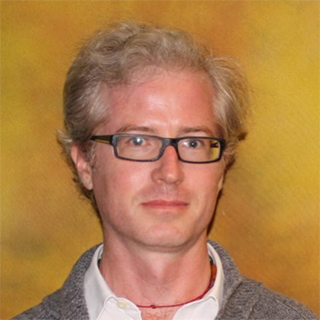
Date: Friday 16 May 2025, 4pm
Venue: Arts Building, Room 4050B
Many comparisons have been made between the early Christian Church’s treatment of relics and the Buddhist cult of relics, at least as early as Gregory Schopen’s account of relic veneration at the Mahābodhi temple in Bodhgayā. While the movement of Buddhist relics has also been studied, it has not yet been compared to the similar movement in the early Church. Translation (Lat. translatio) – the term used for this formal relocation of relics – and its many senses may shed light on the complementary Buddhist practice, helping to distinguish it from a mere act of triumphalism. This paper argues that unlike in the Christian context, with the honorable placement of a Mahābodhi/Vajrāsana at sites across the Buddhist world, these target countries then became vajrāsanas, axes mundi bringing together the metaphors of king and Buddha. The importance of these "equal but better" sites depended on the continued memory of Bodh Gaya, almost exclusively for the presence of the Vajrāsana and Bodhi tree. Click here for more details.

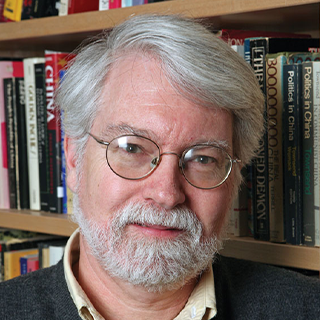
Speaker: Dr. Sam Crane (Edward S. Greenbaum 1910 Professor in Political Science and Director of the Williams-Exeter Programme at Oxford University)
19th May 2025, 5pm-7pm
Venue: TRiSS seminar room, Trinity College Dublin
What kinds of epistemic assumptions do we make when we do China Studies? What are our working definitions of “China,” the object of our study? How do we evaluate statements made about “China” or some aspects of “China”? This talk will engage with these sorts of questions, drawing on the philosophy of critical realism. Click here for more details.
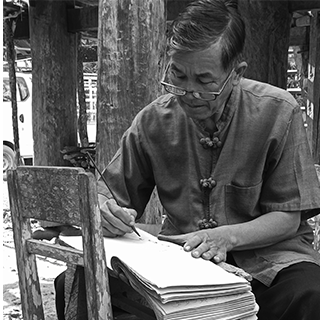
13th May 2025, 11am-1pm
Venue: TRiSS seminar room, Trinity College Dublin
The history of books in Southeast Asia is yet to be studied systematically and currently seems to include more theory and opinion than evidence. A vast number of Southeast Asian manuscripts have been digitised and made available to the public online in recent years, however not so many of them have been yet studied with codicological and archaeometric methods. This talk explores the materiality of selected Buddhist manuscripts from the collections of the Buddhist Archives in Luang Prabang, Laos, and the Chiang Mai Rajabhat University Library in Thailand. Click here for more details.

10th April 2025, 1:00pm – 2.00pm
Venue: TRiSS seminar room, Trinity College Dublin
This talk explores one of the world’s most influential yet largely unnoticed linguistic and hermeneutic traditions, the South Asian Tradition of Etymology. Spanning millennia and innervating a great variety of forms of discourse in languages such as Sanskrit, Pali, Chinese, Tibetan, and English, the South Asian Tradition of Etymology underlies key episodes in the intellectual and religious history of South Asian and South Asia-influenced cultures. Click here for more details.
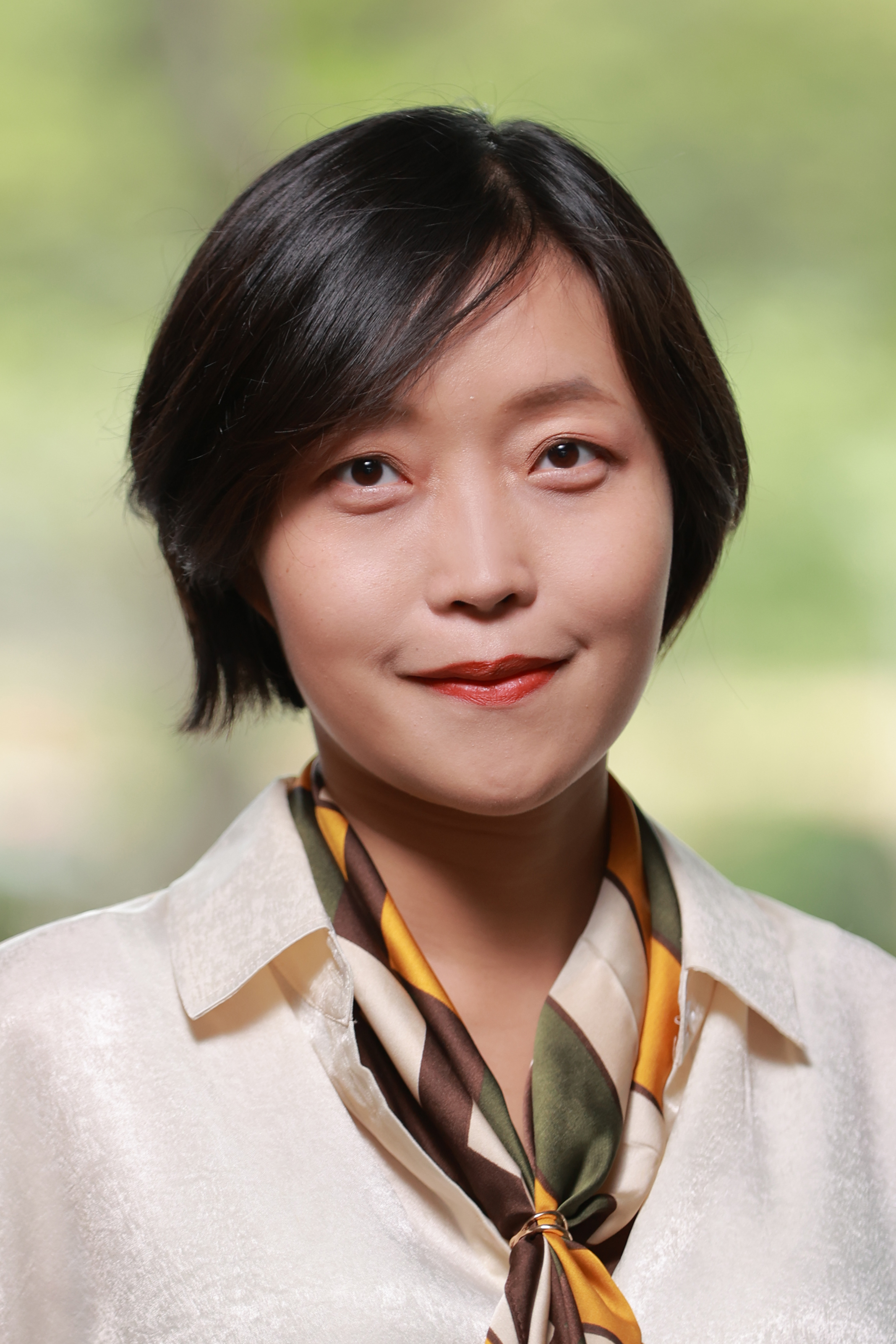
10th April 2025, 5:00pm – 6.00pm
Venue: TRiSS seminar room, Trinity College Dublin
Globally, the gender gap in childcare work persists. As part of the worldwide call for greater male participation in childrearing and domestic work, the Chinese societies have recently witnessed recurrent public discussions on father involvement and shifts in paternal behaviours. Yet the changes in Chinese fatherhood culture and conduct appear to differ from those in Europe or the United States in its focus on fathers’ parental roles and under-emphasis of fathers’ roles in promoting gender equality. Grounded in the transformations of family roles throughout China’s modernization process, the above changes in Chinese fatherhood may consolidate instead of challenge the patriarchal power structure in the family. Click here for more details.
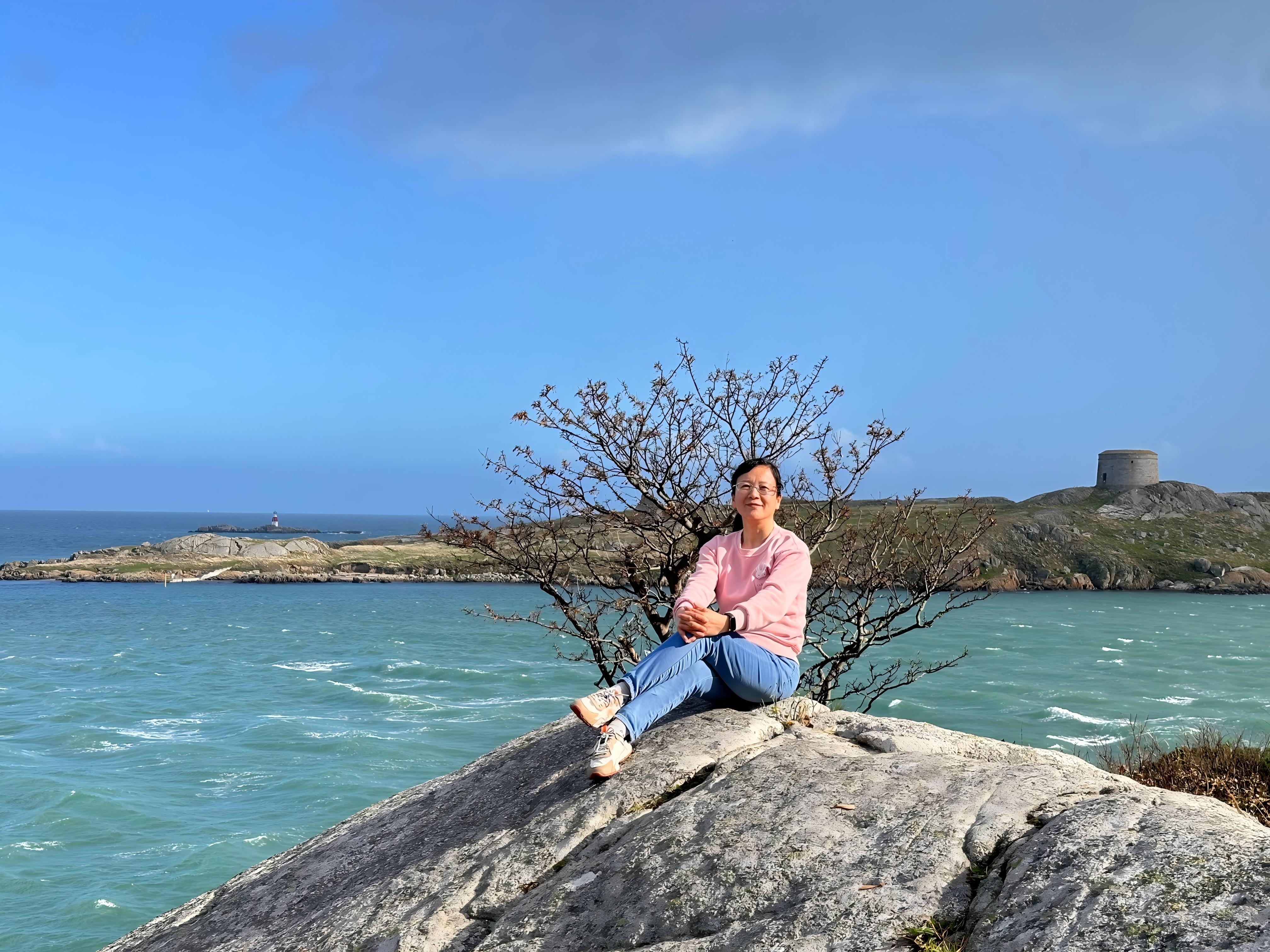
Date: 4pm, Wednesday, 9 April 2025
Venue: Arts Building, Room 5033 (Seminar Room A), Trinity College Dublin
China’s education system is rapidly embracing digital transformation, reshaping how school leaders manage curricula. This talk explores how digital intelligence tools can evaluate and enhance high school principals
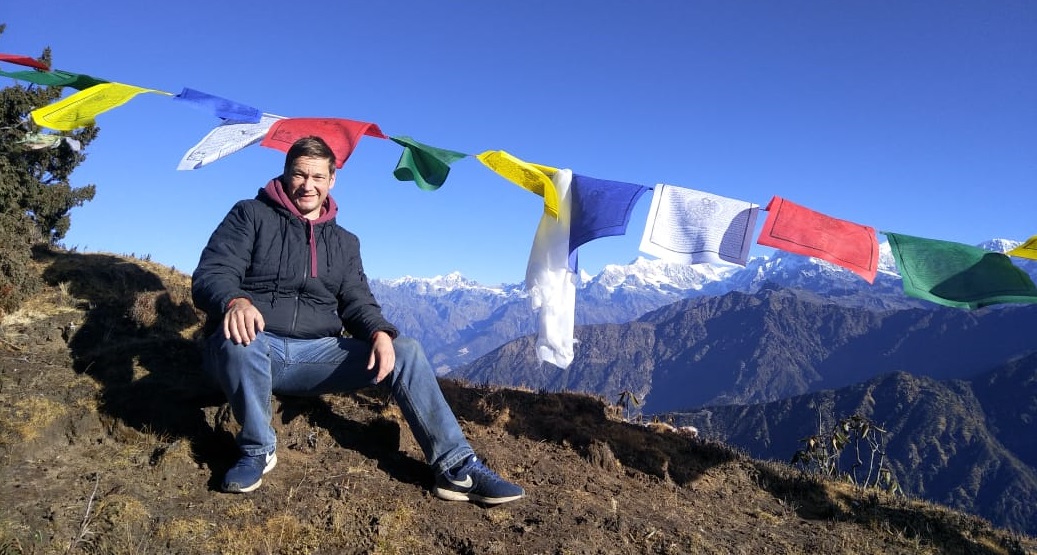
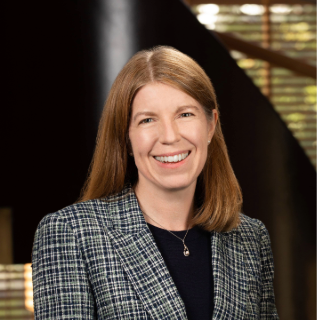
Date: 5 PM, April 1st, 2025
Venue: Old Physics Theatre, Museum of Literature Ireland (MoLI, 86 St Stephen’s Green) At a time of global confrontation between China, the United States, and Europe on trade, climate change, and digital governance, Japan has emerged as a leader in defining economic security, advancing critical industries, and forging strategic partnerships. Despite a history of intra-bureaucratic rivalry, Japan now presents a united front in supporting free trade agreements like the CPTPP, shaping the G20 agenda on AI, and promoting the Free and Open Indo-Pacific initiative. This talk will explore how administrative reforms have enhanced Japan’s ability to align economic interests with foreign policy, enabling it to navigate geopolitical rivalries as a global economic power. Click here for more details.
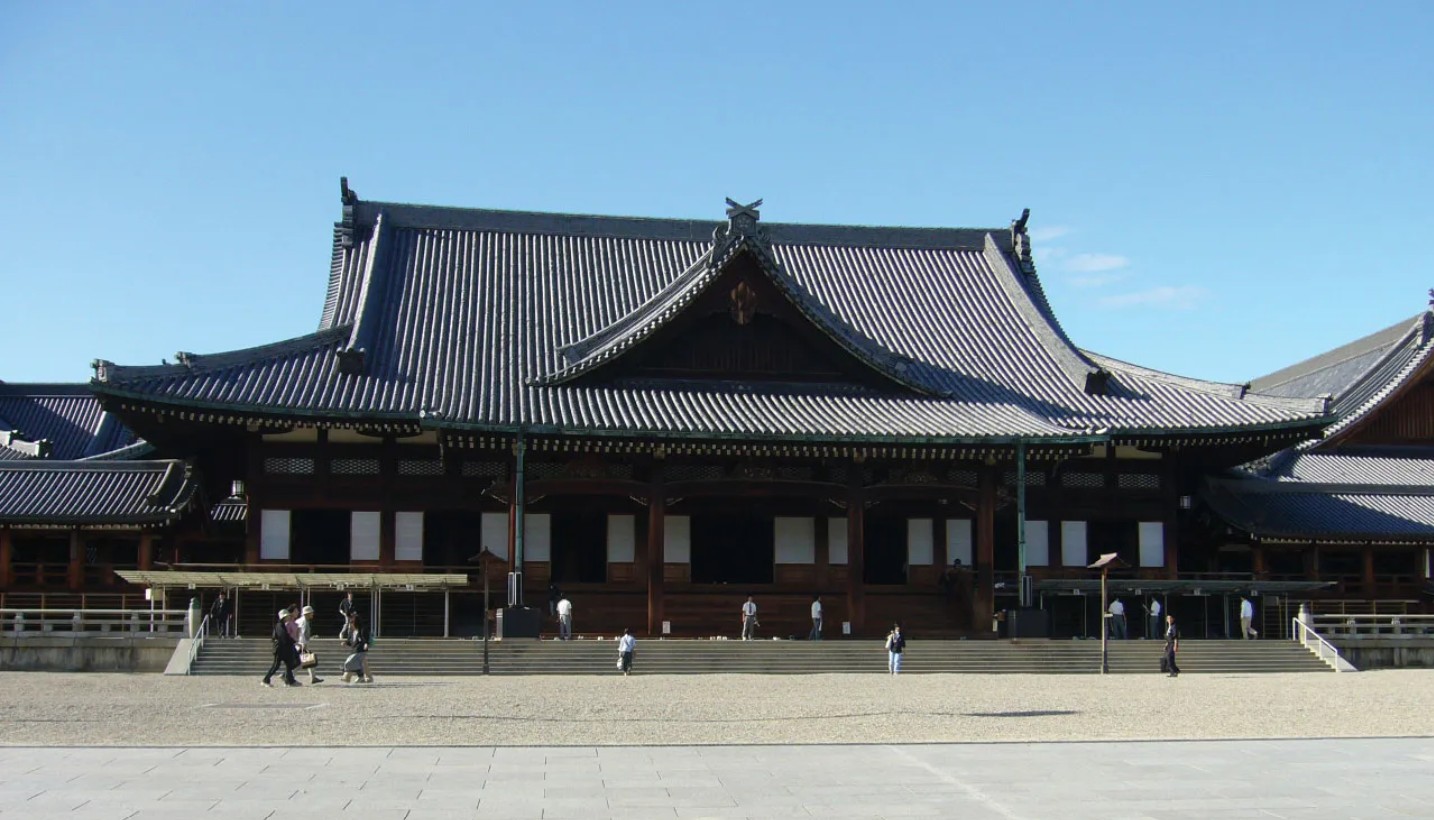
Date: March 13th 5pm - 6pm
Venue: Trinity Centre for Literary and Cultural Translation, D02 CH22
Based on fifteen-month fieldwork, this paper intends to expand the concept of semiotic landscape, by looking at the specific temporalities it produces and the language ideologies it entails. Looking at how space, language ideologies and sounds are combined during the ritual performance, I will show how semiotic landscapes have the effect of shaping the subjectivity of practitioners, connecting them to a different place and hoped-for time. Click here for more details.
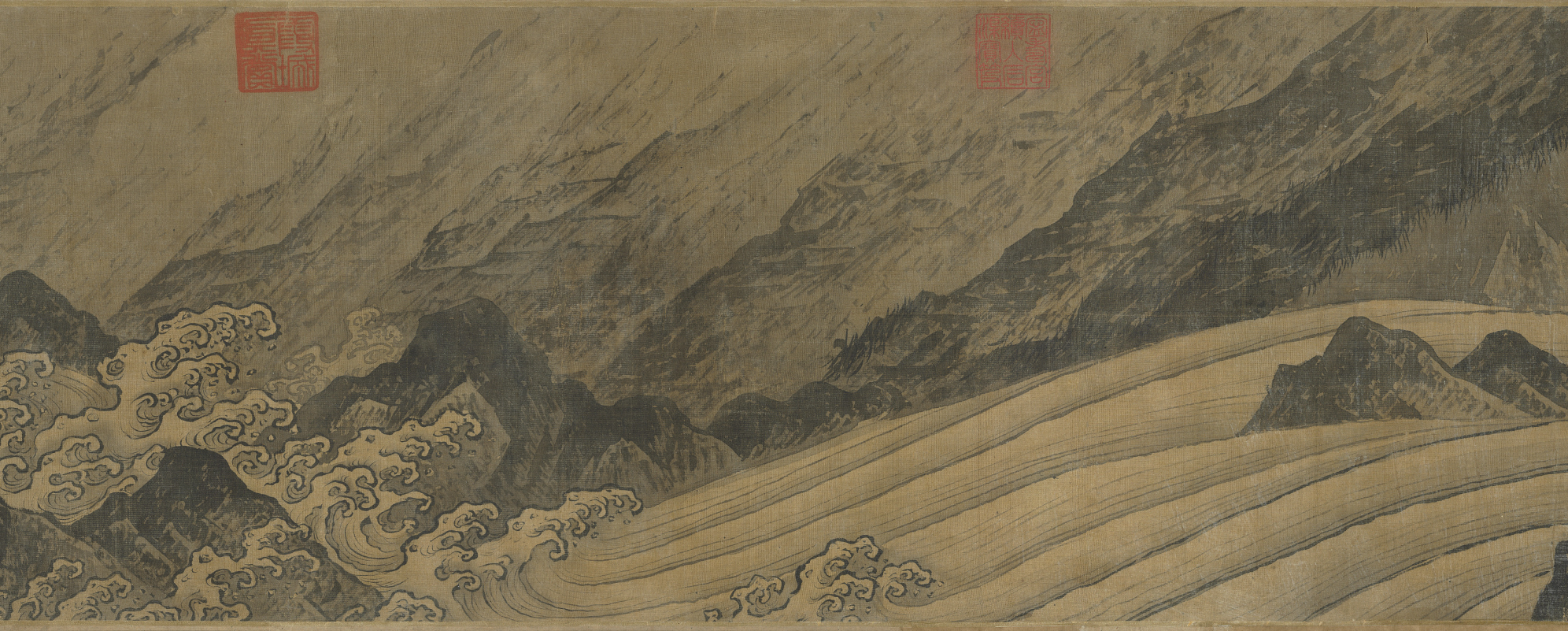
Venue: Room 4073, Arts Building, Trinity College Dublin
The word 瀧 (’turbulence’) exhibits two phonetically irregular variants in the Guǎngyùn Middle Chinese dictionary. This presentation will explore the historical phonological development of these irregularities, attempting to identify their origins. It will examine the borrowing of 瀧 (’turbulence’) from Middle Chinese dialects into mainstream Middle Chinese. It will propose an Austroasiatic etymology of the doublets 瀧 (’turbulence’) and 江 (’river’) and explain their divergence through sound change. The discussion will also consider the possible geographical distribution of 瀧 (’turbulence’) as a lexical item, in particular using early Japanese evidence. Click here for more details.
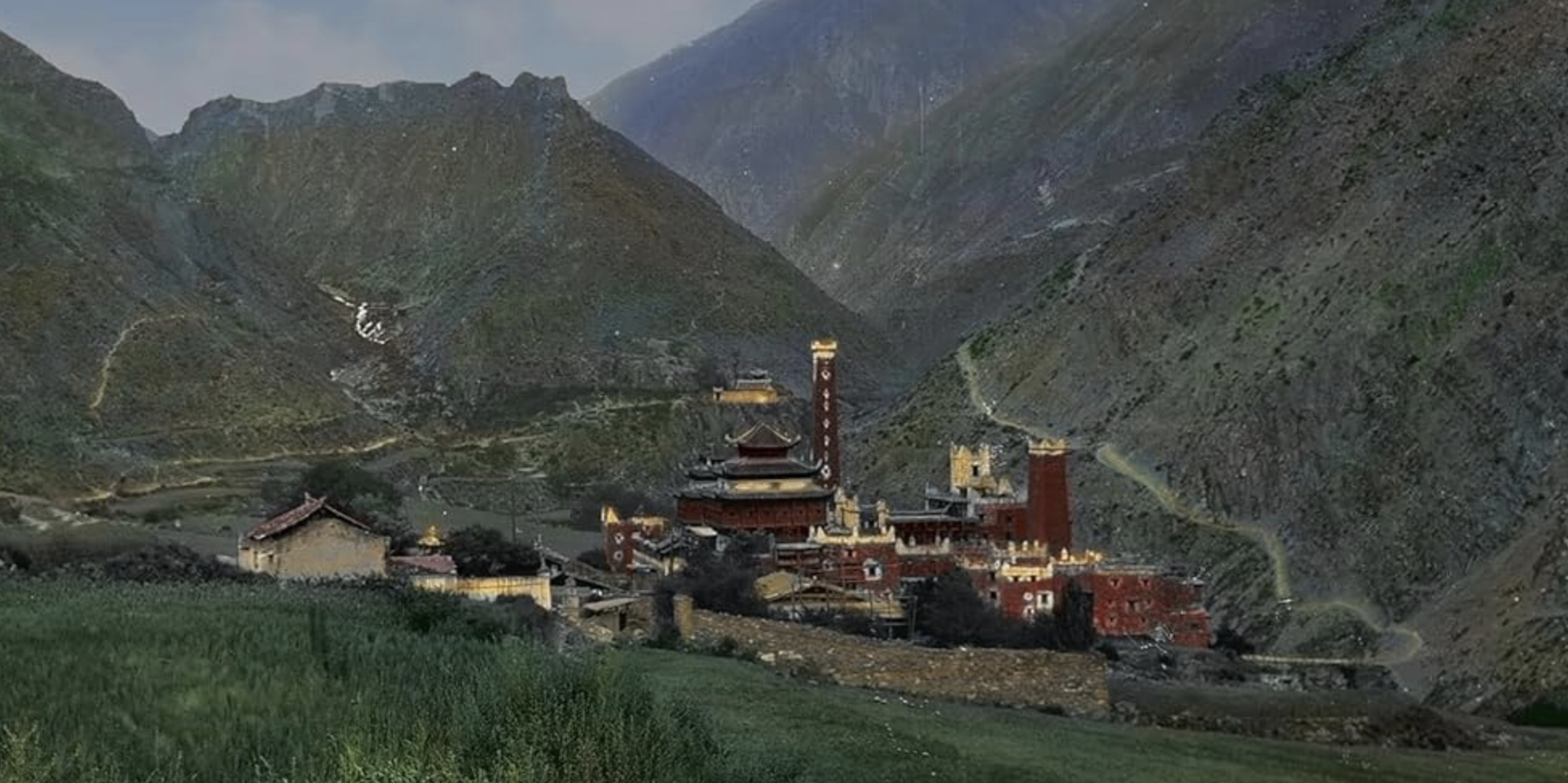
Venue: Room 3081, Arts Building, Trinity College Dublin
This informal talk reflects on the life of Tsanlha Ngawang (1930–2025), the “Beggar Lama,” a Tibetan Buddhist polymath whose journey offers profound insights into the resilience and evolution of Tibetan culture amidst political and ideological upheaval.
This talk will explore how Ngawang’s intellectual and spiritual contributions shed light on the persistence of Tibetan identity in the face of profound challenges. Click here for more details.
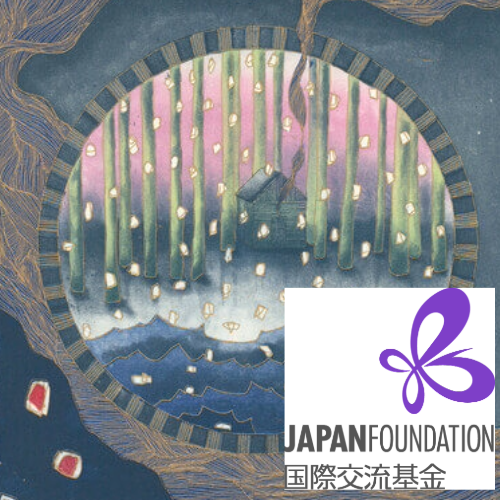
Venue: Neill Lecture Theatre, Trinity Long Room Hub, Trinity College Dublin, Dublin 2, Ireland
Full-day Workshop hosted by Trinity Centre for Asian Studies, Trinity College Dublin. In tandem with the exhibition’s opening at Farmleigh Gallery, Trinity College Dublin’s Centre for Asian Studies is organising a one-day academic workshop honouring the life and works of Lafcadio Hearn, recognising him as a person dedicated to understanding across cultures, ambitious in his rejection of bigotry, and sensitive to Japanese life and ethics despite their contrast to the West. Speakers include prominent scholars, diplomats and politicians from Ireland, Japan, Britain and USA.
Click here for more details.

Venue: The Global Room, Trinity College Dublin (located on the first floor of the Watts Building, adjacent to the Academic Registry)
Trinity College Dublin, in collaboration with the Chinese Embassy in Ireland, invites you to celebrate the Year of the Dragon with a dance performance by student of Beijing Normal University. This festive event will feature traditional Chinese dances and an interactive session, where attendees can learn some moves from the performers. A perfect opportunity to experience the joy and beauty of Chinese culture during the Lunar New Year celebrations!
Click here for more details.
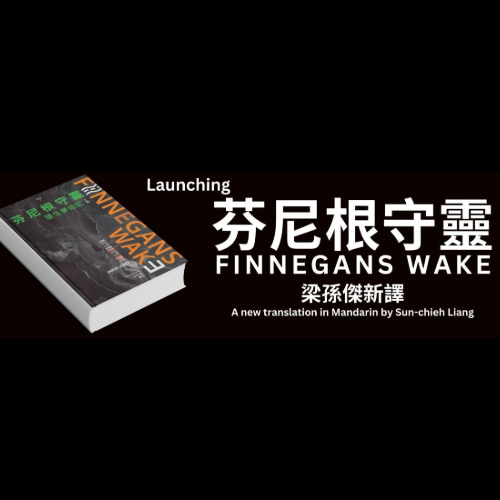
Venue: Trinity Centre for Literary and Cultural Translation, D02 CH22
We are pleased to present a new translation of Joyce’s Finnegans Wake into Mandarin, the first complete translation of its kind. This new translation gives an Eastern perspective to Joyce’s seemingly unsystematic ideological system.
Click here for more details.
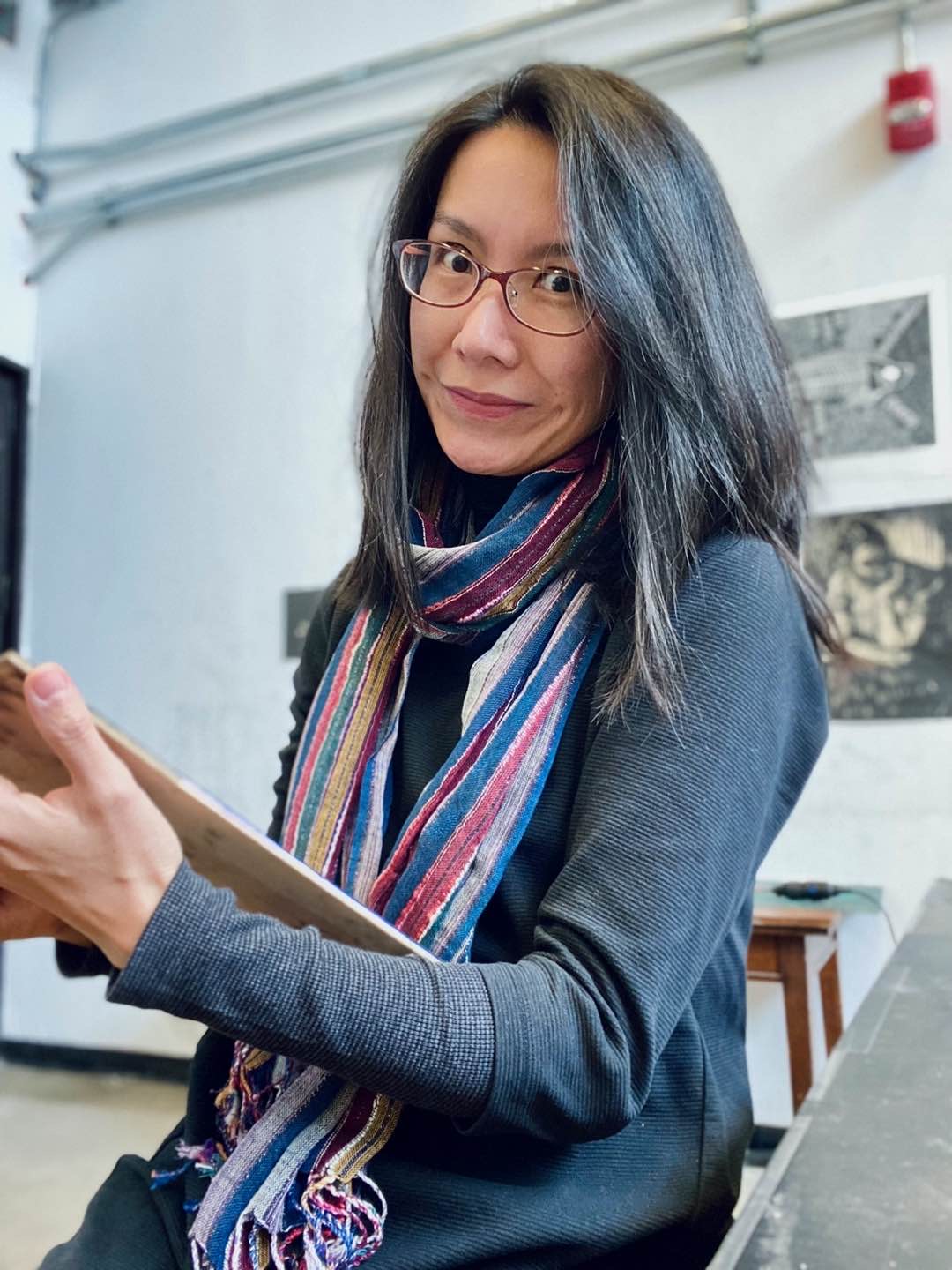
Venue: Zoom
Focusing on a specific genre of Tibetan Buddhist art, this talk illuminates how we can better understand and, in some instances, display agentive images in intercultural settings. This talk is presented by Ming Xue. Ming Xue received her Ph.D. in anthropology from UCLA and is currently a Research Associate at the American Museum of Natural History (AMNH) in New York.
Click here for more details.
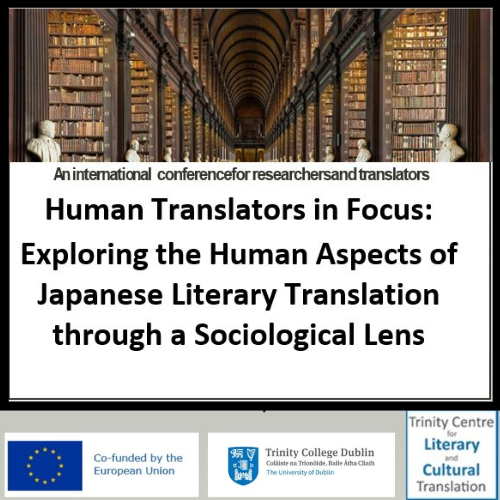
Venue: Hybrid
This is the first call for submissions
Click here for more details
This conference showcases research on the human aspects of Japanese literary translation. It contributes to the development of Japanese Translation Studies and raises the visibility of the Japanese context within Translation Studies.
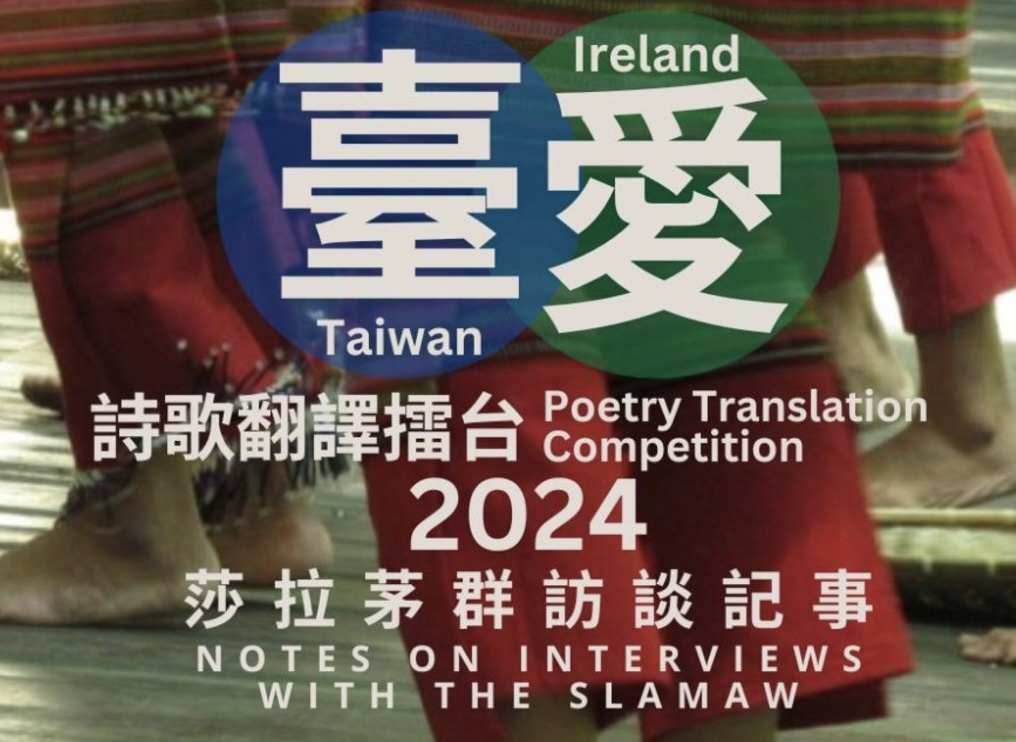
Venue: Zoom Click here for more details
Each year, the Taiwan–Ireland Poetry Translation Competition invites participants from across the globe to explore the diverse linguistic and cultural traditions of Taiwan and their connections to Irish poetry. This year’s competition centers on the poem Notes on Interviews with the Slamaw《莎拉茅群訪談記事》by Temu Suyan. The poem, written in Mandarin, reflects the experiences of the Slamaw people, an indigenous subgroup of the Atayal tribe from Taiwan’s Dajia River Basin. The event is free and open to all.
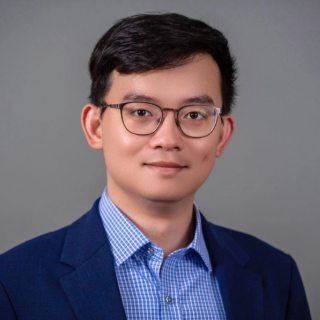
Venue: Zoom Click here for more details
Between 1949 and 1976, the Chinese Communist Party (CCP) under Chairman Mao Zedong launched a series of chaotic, mass-mobilized campaigns to purge political dissidents and transform China’s socioeconomic landscape. In his book manuscript, Juan Qian explores (1) why there exist significant geospatial variations in the intensity and outcomes of these campaigns, and (2) how Mao-era campaigns shaped the norms, compliance, and responsiveness of the Chinese bureaucracy at the local level in both the short and long term. Click here for more details
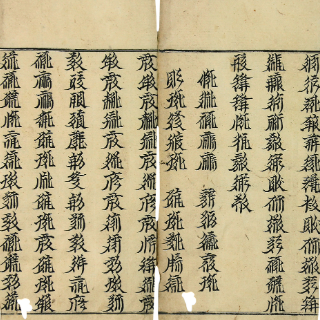
TRiSS Seminar Room, Arts Building, Sixth Floor
The Tangut language, once spoken by the Western Xia dynasty (1038–1227), presents a unique case for linguistic reconstruction due to its extinction and the limited availability of contemporary data. In this talk, Xun Gong will explore how language contact phenomena have influenced the reconstruction of Tangut phonology. Click here for more details
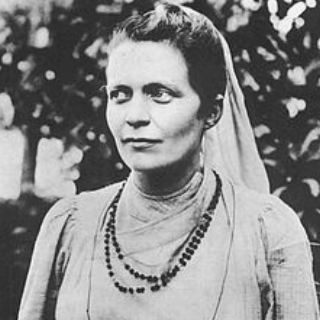
Trinity College Chapel, Front Square
The Trinity Centre for Asian Studies are pleased to host the Inaugural Margaret Noble (Sister Nivedita) Lecture, to be given by Swami Sarvapriyananda. The lecture will be introduced by Professor Nathan Hill, Director of Asian Studies, Trinity College Dublin. Click here for more details
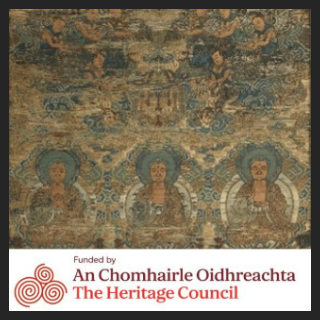
Hybrid- Neill Lecture Theatre, Trinity College Dublin. Also via Zoom
The lecture will explore the creation and significance of Buddhist hangings within the Qing imperial court, with a focus on the conserved 18th-century silk hanging, "Buddhas of the Three Generations." The event is co-hosted by our institution and the Chester Beatty, and the conservation project has been supported by the Heritage Council. Click here for more details
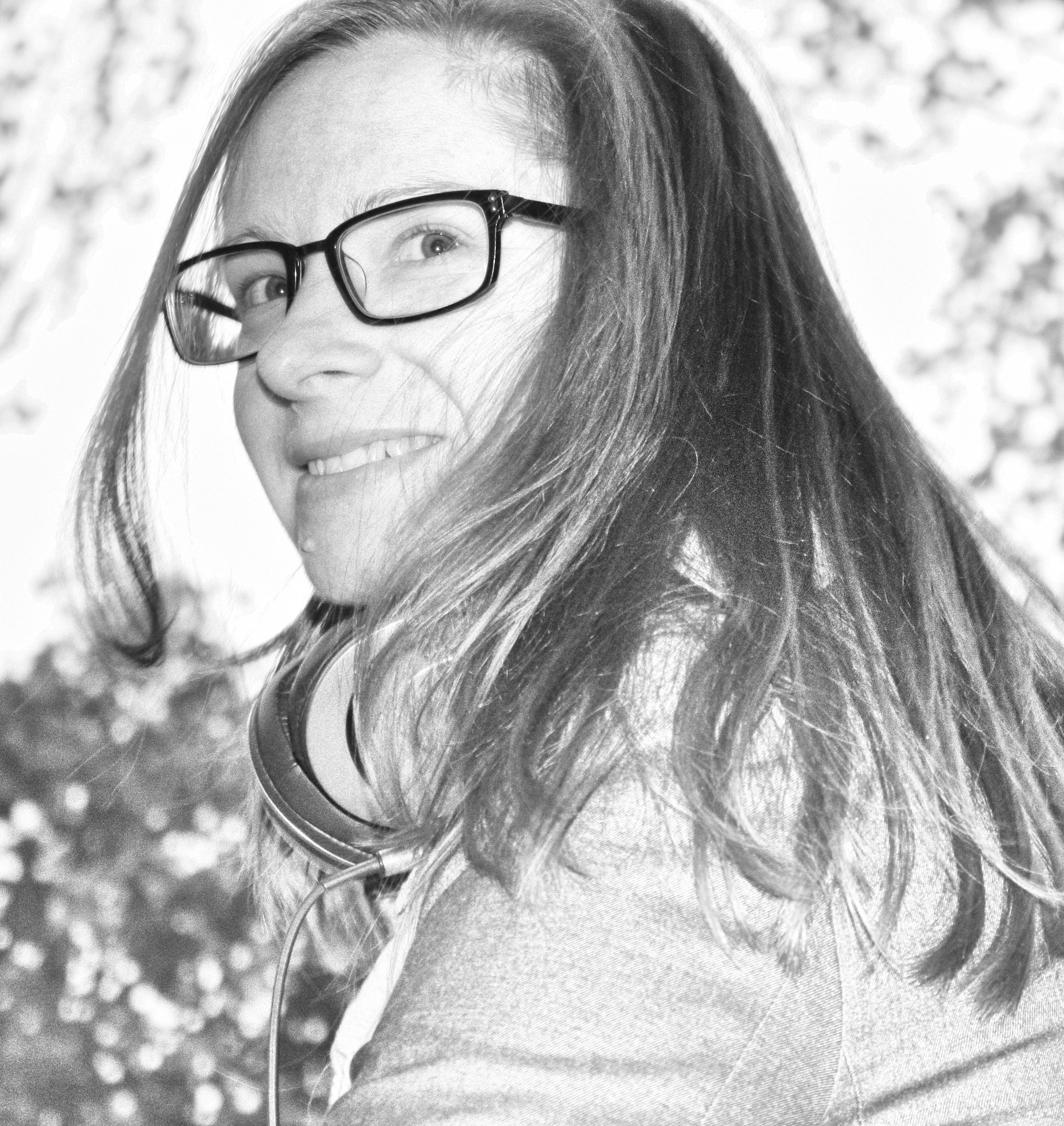
TRiSS seminar room
The talk shall clarify several misconceptions or misunderstandings that have accumulated over time concerning passive in Tibetic languages and that exert their influences far beyond the sphere of language acquisition and use. Click here for more details

TRiSS seminar room
This talk will explore the Tibetan empire's approach to tantric Buddhism during the mid-to-late eighth century, when the empire was at the peak of its power. Jacob Dalton is the Khyentse Foundation Distinguished University Professor in Tibetan Buddhism at UC Berkeley. Click here for more details
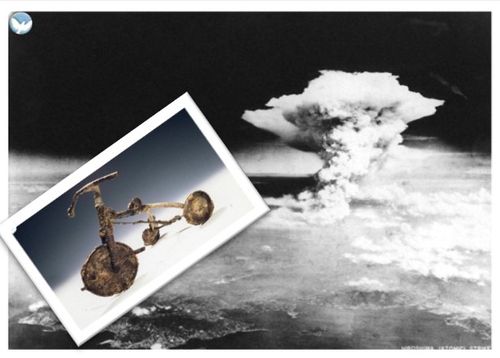
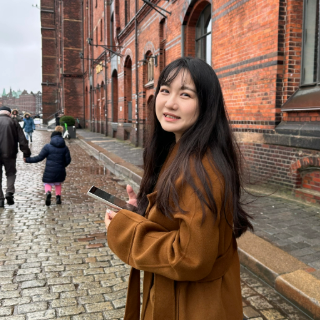
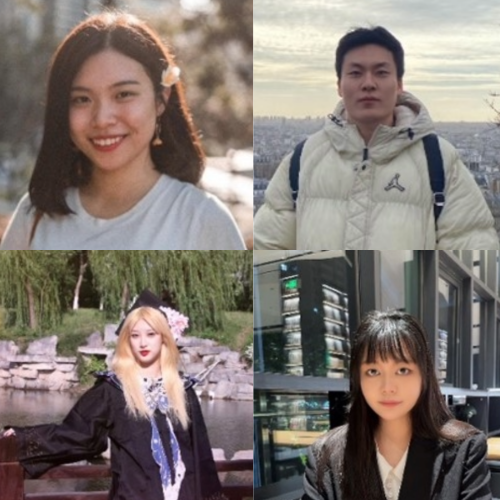
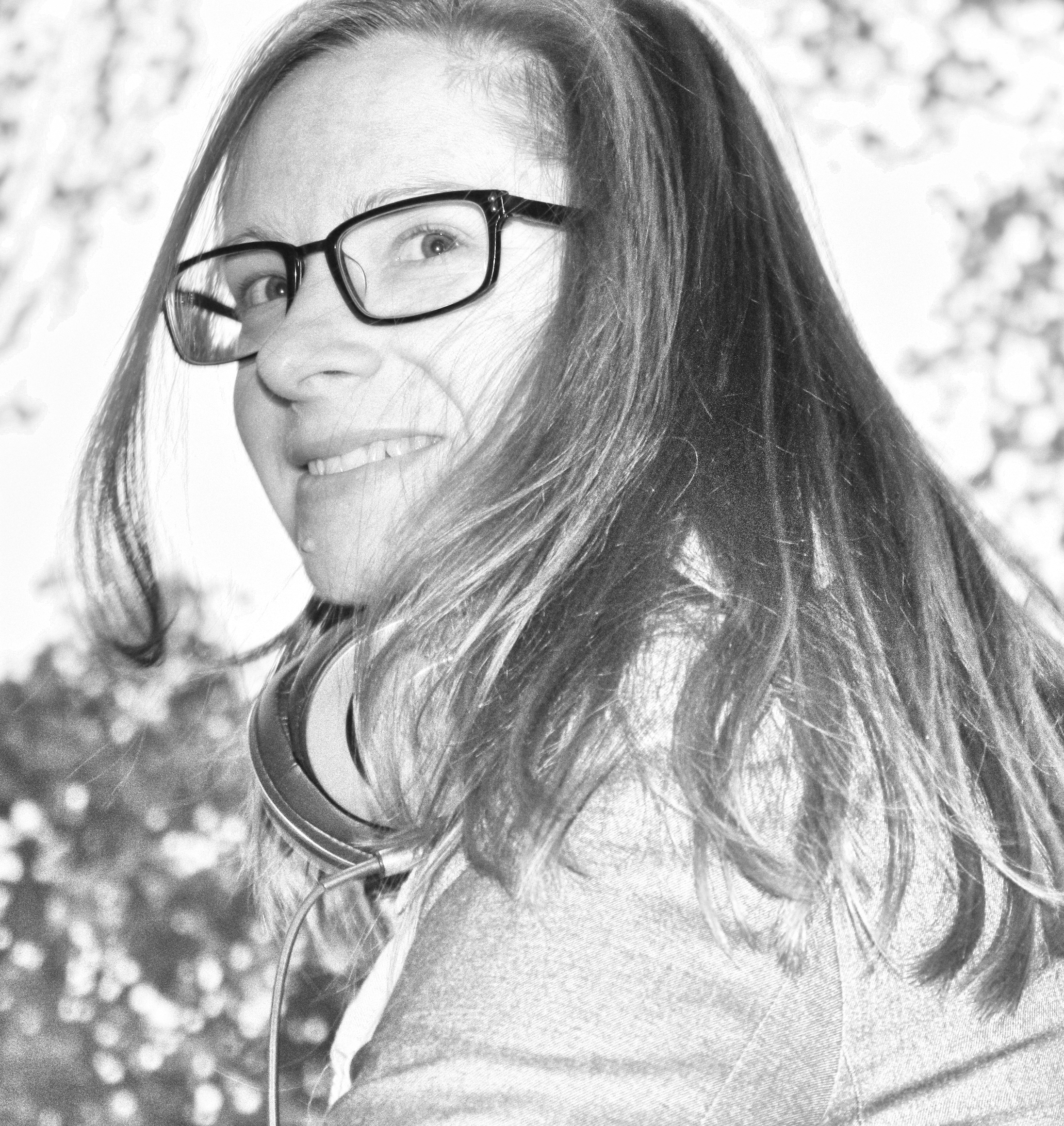
Joanna Bialek has been awarded a postdoctoral fellowship under the Maria Skłodowska-Curie Actions (MSCA) for the project “Tibetan Obsolete Mortuary practices and afterlife Beliefs. Language conservatism of religious writings in the service of Proto-Bodish reconstruction” (TOMB), which will run for the next two years.
Click here for more details

venue: room 2026, Arts Building Annex (across from Douglas Hyde Gallery)
This talk will delve into the core concepts of Advaita Vedanta, a non-dualistic school of Hindu philosophy that posits the essential oneness of the Self (Atman) and the ultimate reality (Brahman). Swami Balabhadrananda will explore how this tradition accounts for the relationship between the individual soul and the divine.
Click here for more details

Monday 20 May, 10am-12pm,
venue: TRiSS Seminar Room, Arts Building, sixth floor.
Kirill Solonin (Renmin University of China) - Who were the Tanguts and Why study them.
Friday 17 May, 2-4pm, venue: TRiSS Seminar Room, Arts Building, sixth floor.
Click here for more details of both lectures
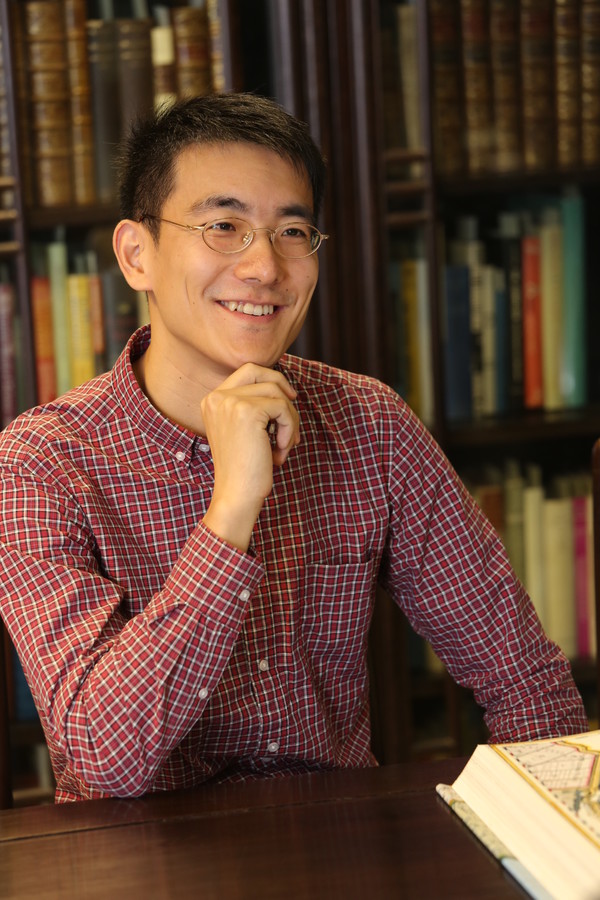
Venue: Zoom
note: this event is in Chinese
Click here for more details
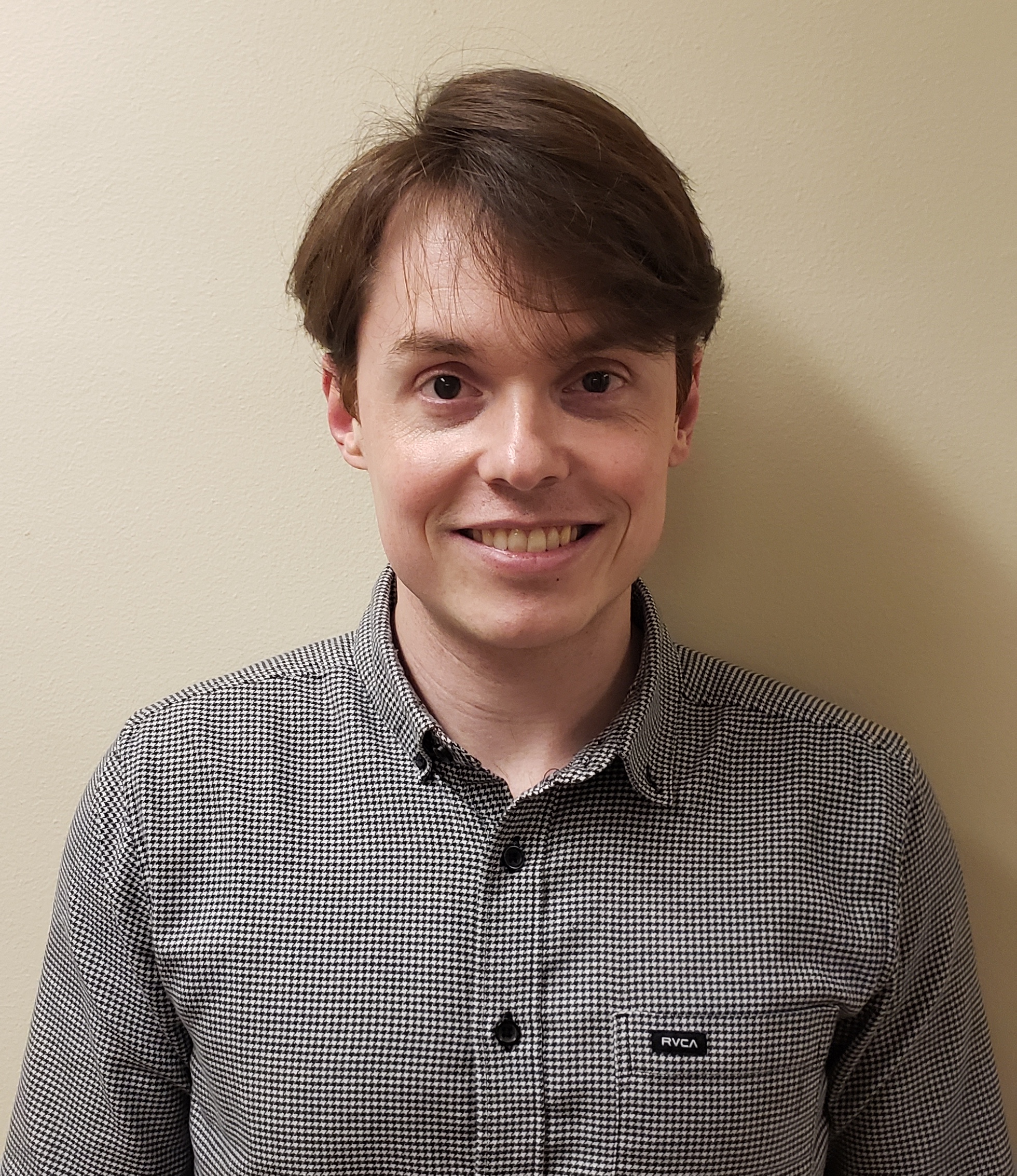
venue: Zoom
Click here for more details
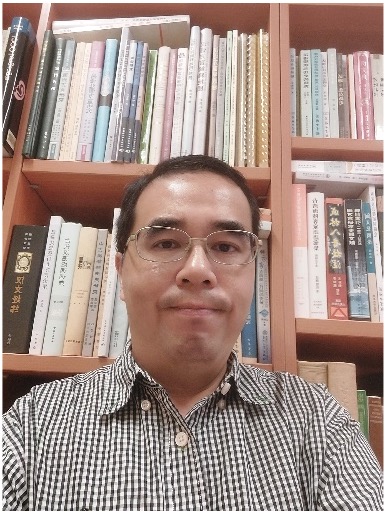
venue: Zoom
Note: This event is in Chinese.
Click here for more details
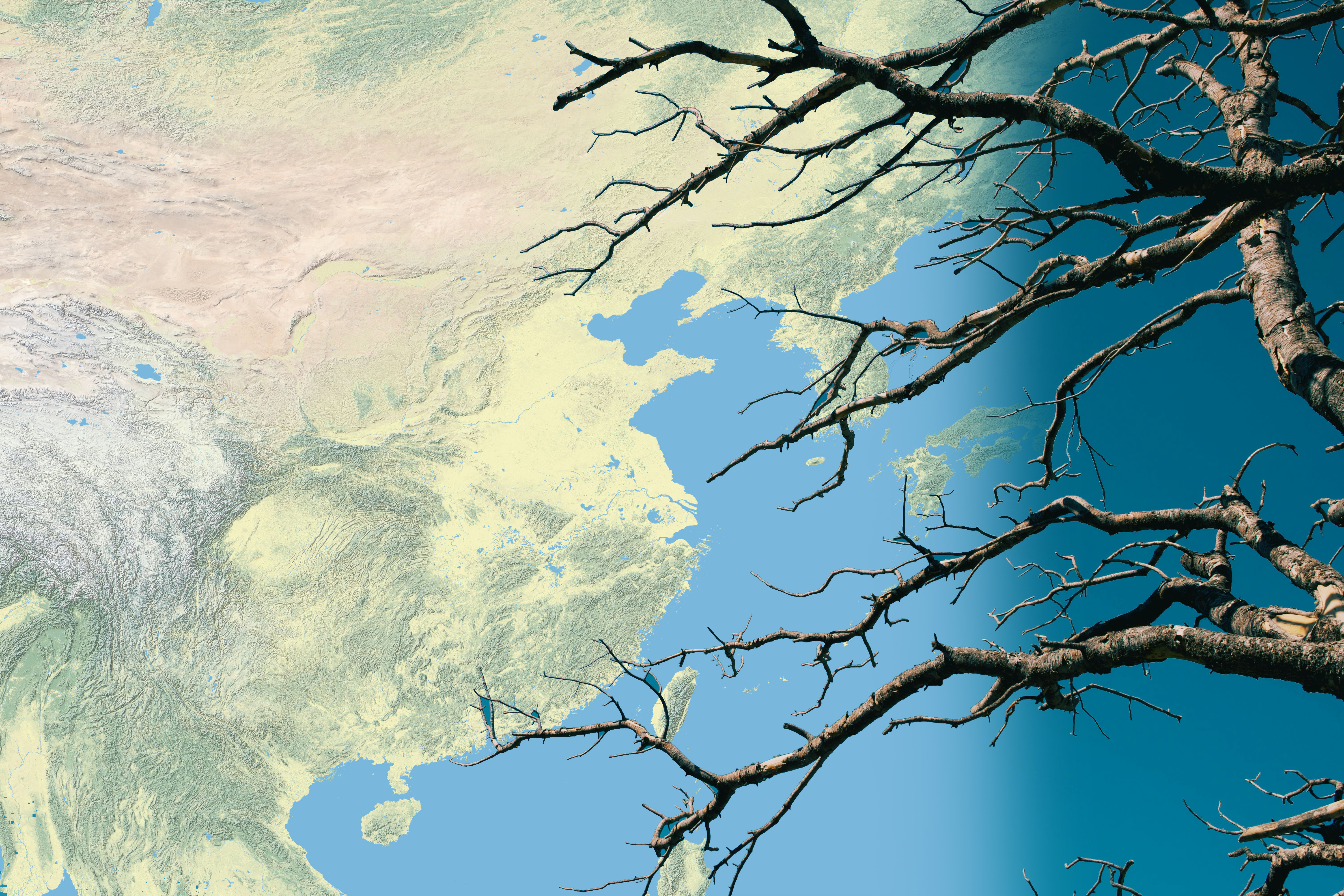
venue: TRiSS Seminar Room, Arts Building, sixth floor
Click here for more details
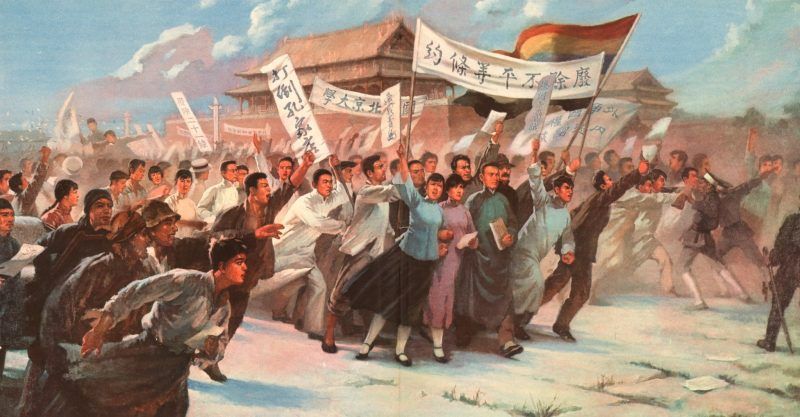
venue: TRiSS Seminar Room, Arts Building, sixth floor
Click here for more details
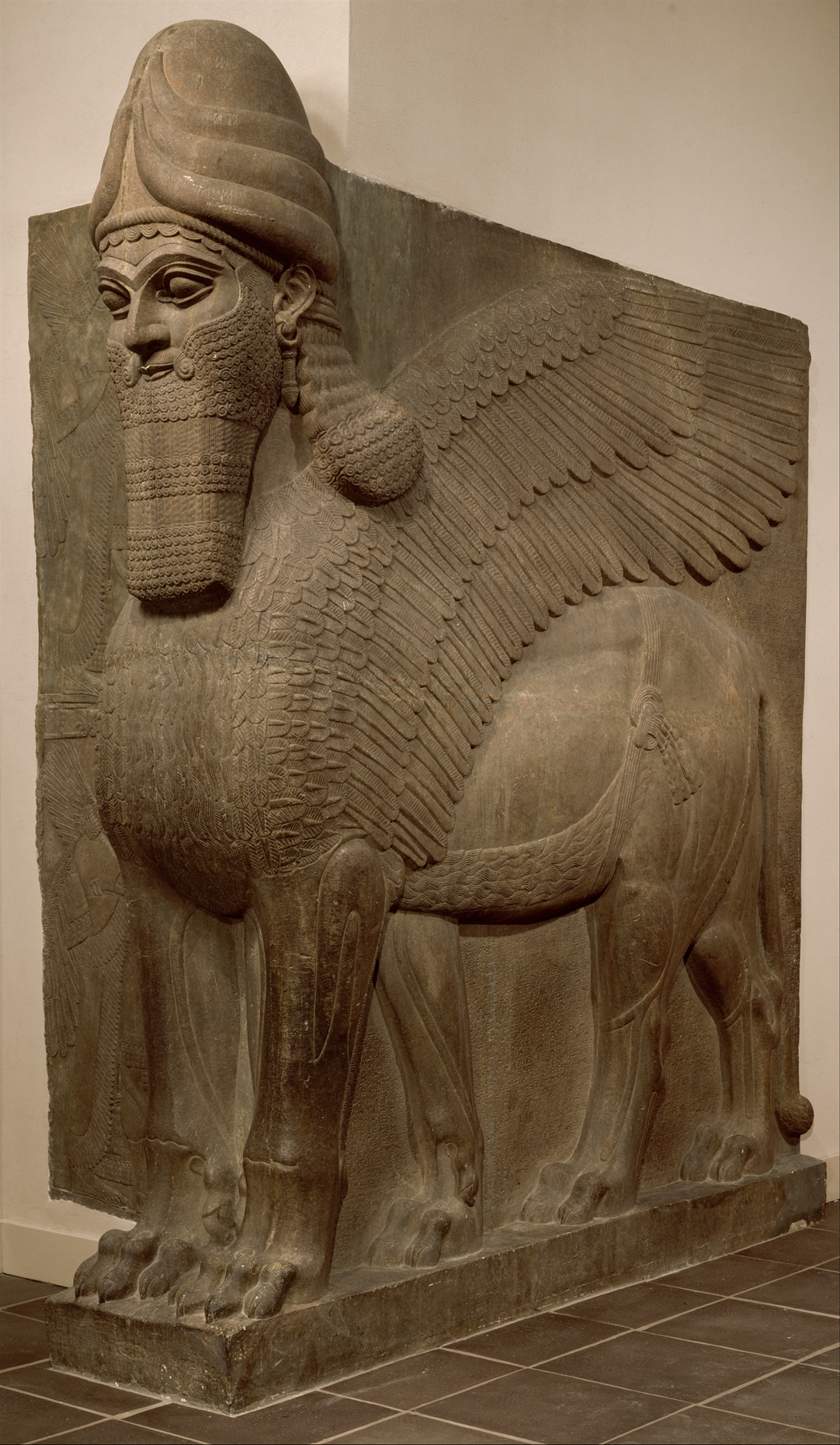
venue: TRiSS Seminar Room, Arts Building, sixth floor
Click here for more details

venue: TRiSS Seminar Room, Arts Building, sixth floor
This lecture examines the scandalous history of St Thomas Christians’ encounter with the caste system. Click here for more details
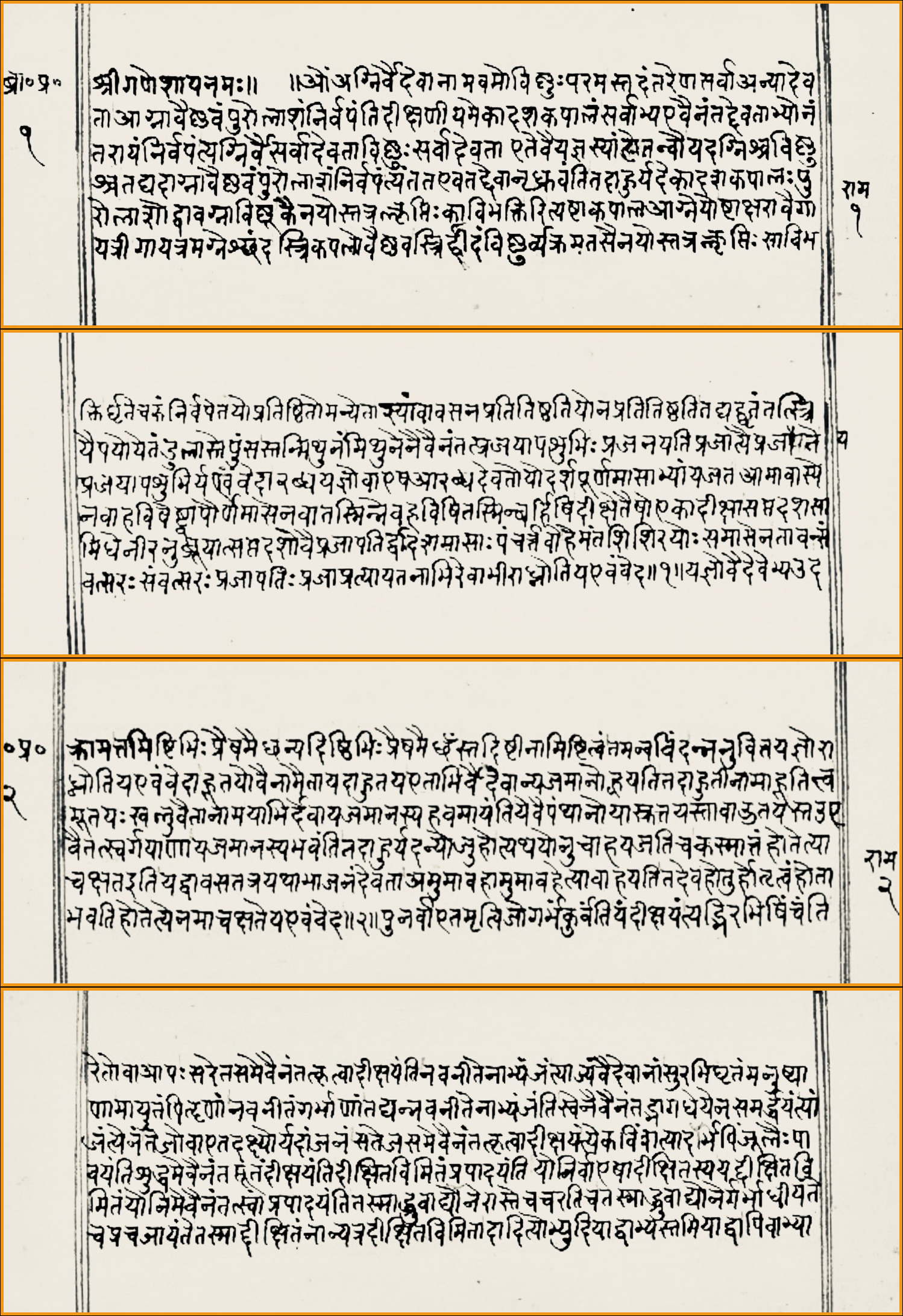
venue: TRiSS Seminar Room, Arts Building, sixth floor
This presentation explores how polarity focus is expressed in Vedic Sanskrit prose texts, especially the Aitareya-Brāhmaṇa (AB) and the Jaiminīya-Brāhmaṇa (JB). Click here for more details
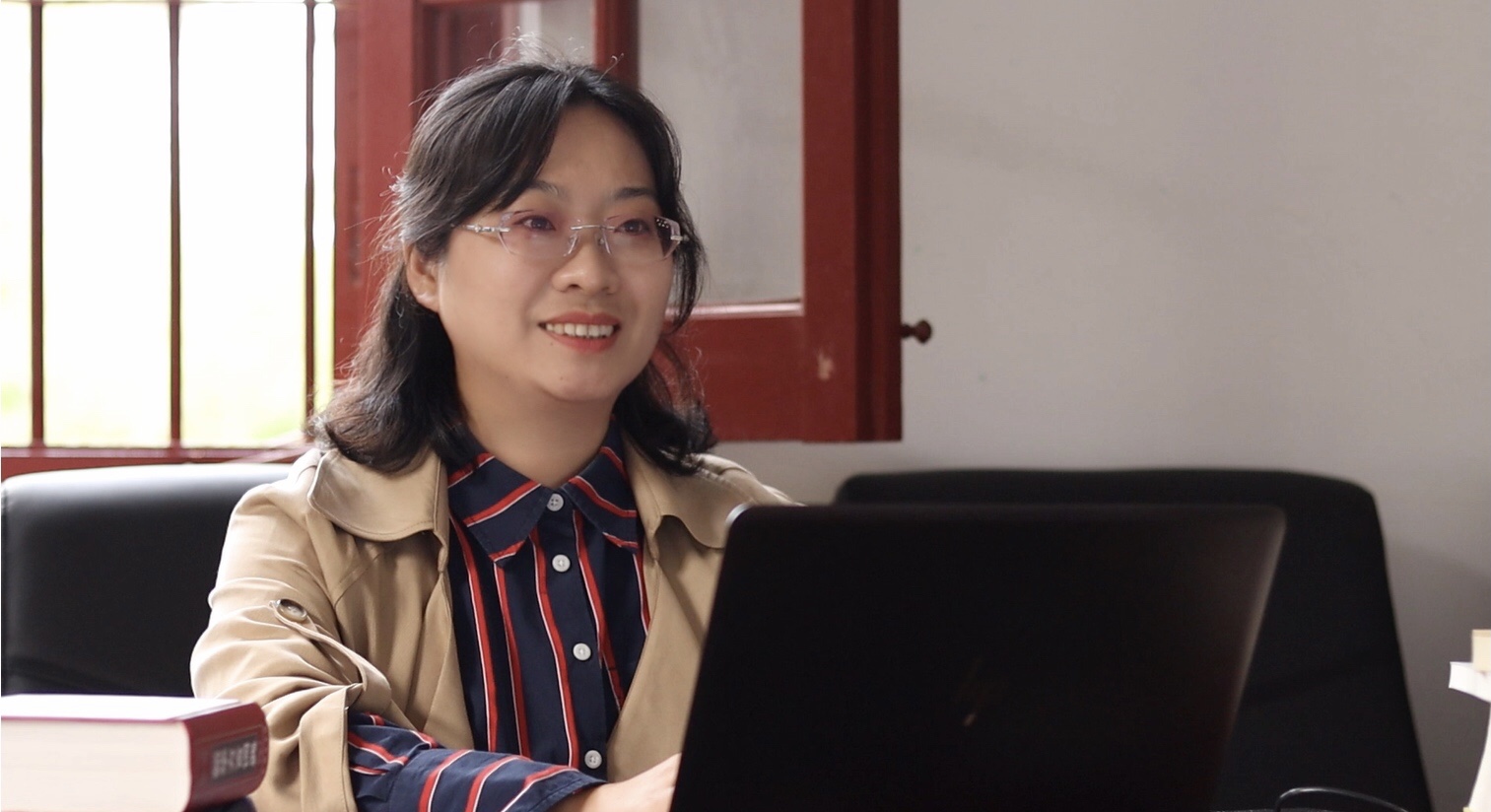
Note: This event is in Chinese,
venue: Zoom Click here for more details
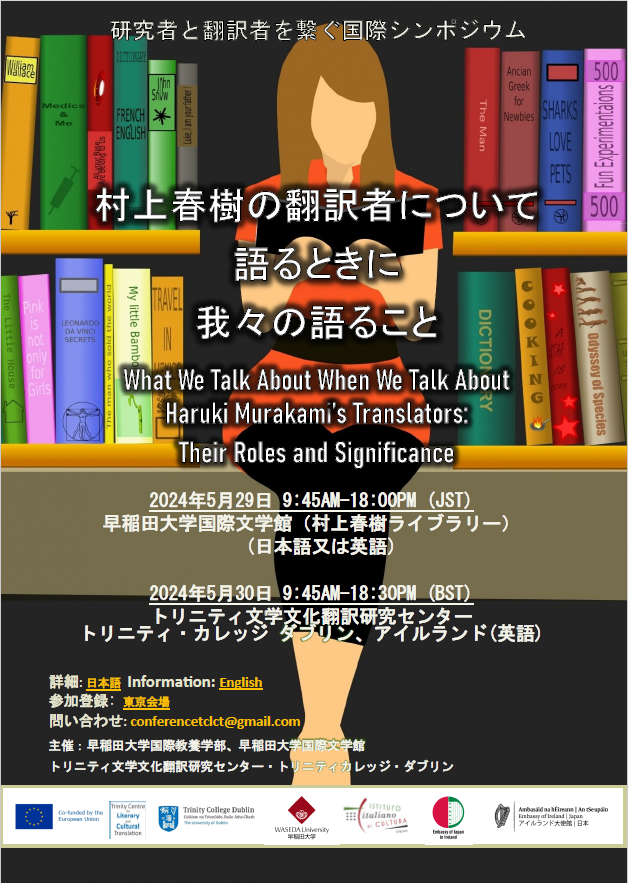
30 May 2024, 09:45AM-18:30PM (Dublin) venue: Hydrid Format- Centre for Literary and Cultural Translation (TCLCT), Trinity College Dublin, Ireland (in English).
These conferences shed light on Murakami’s translators and the significance of their roles in the publication and circulation of his novels. Click here for more details
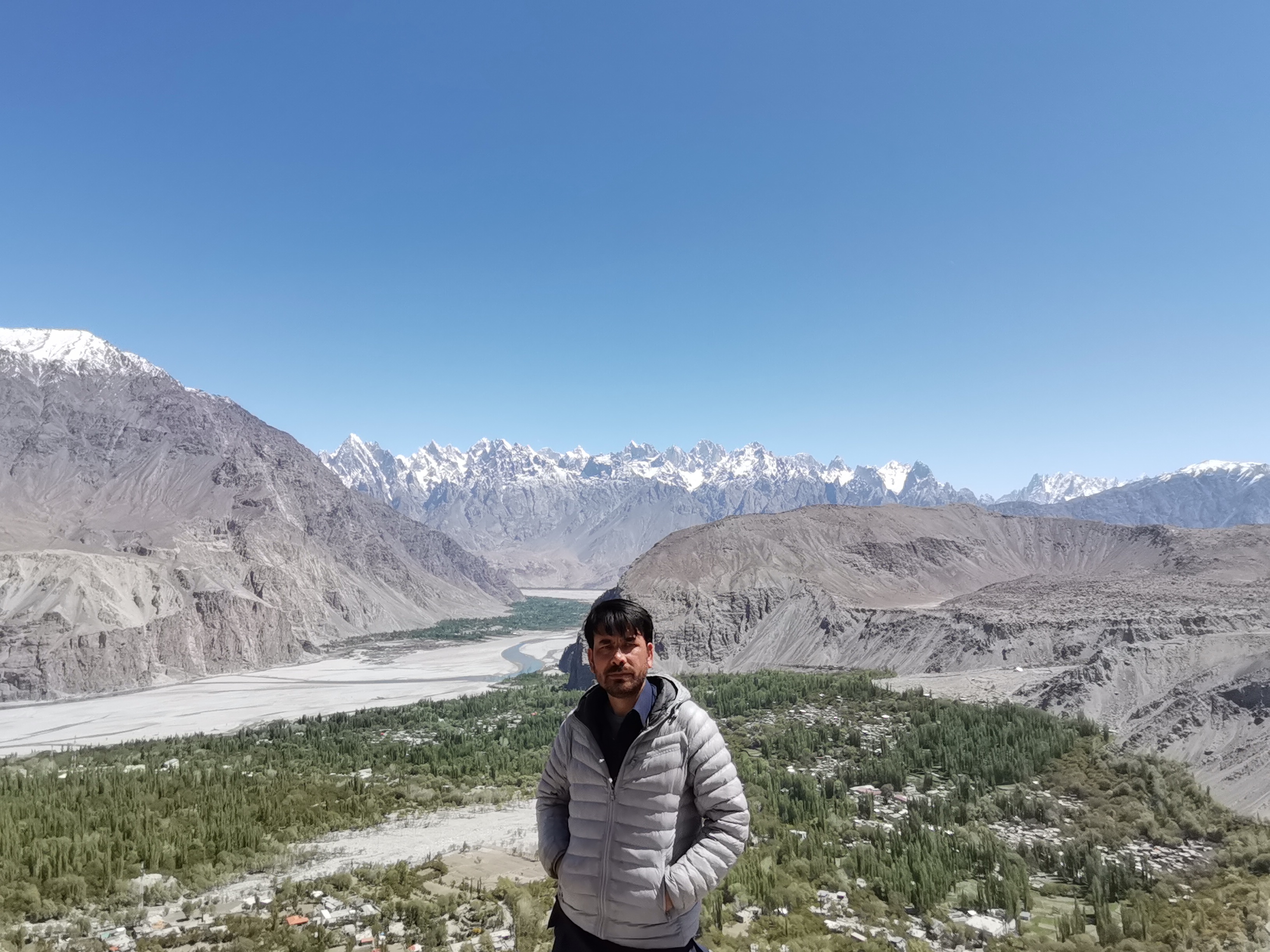
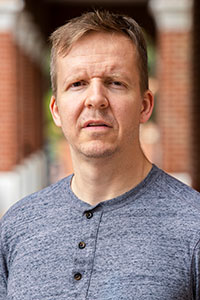


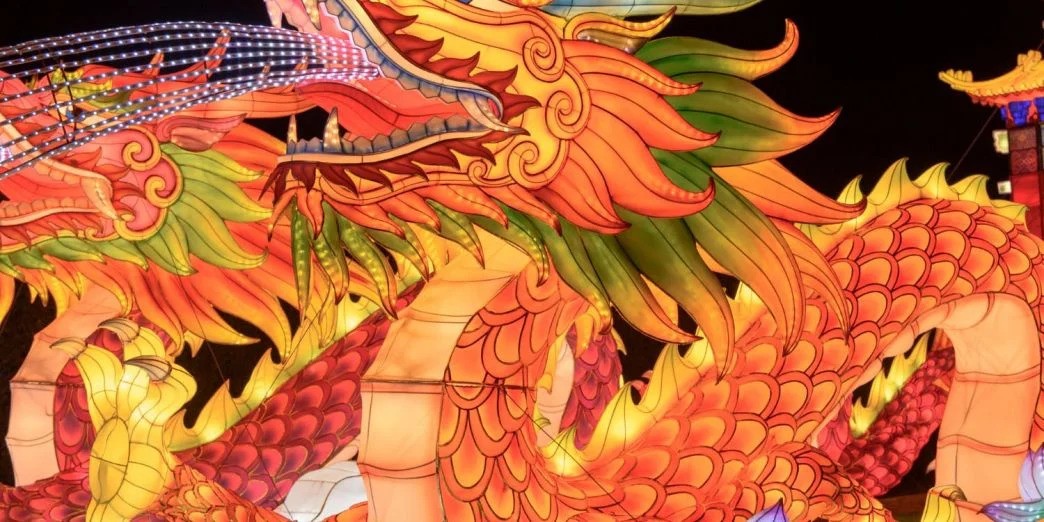

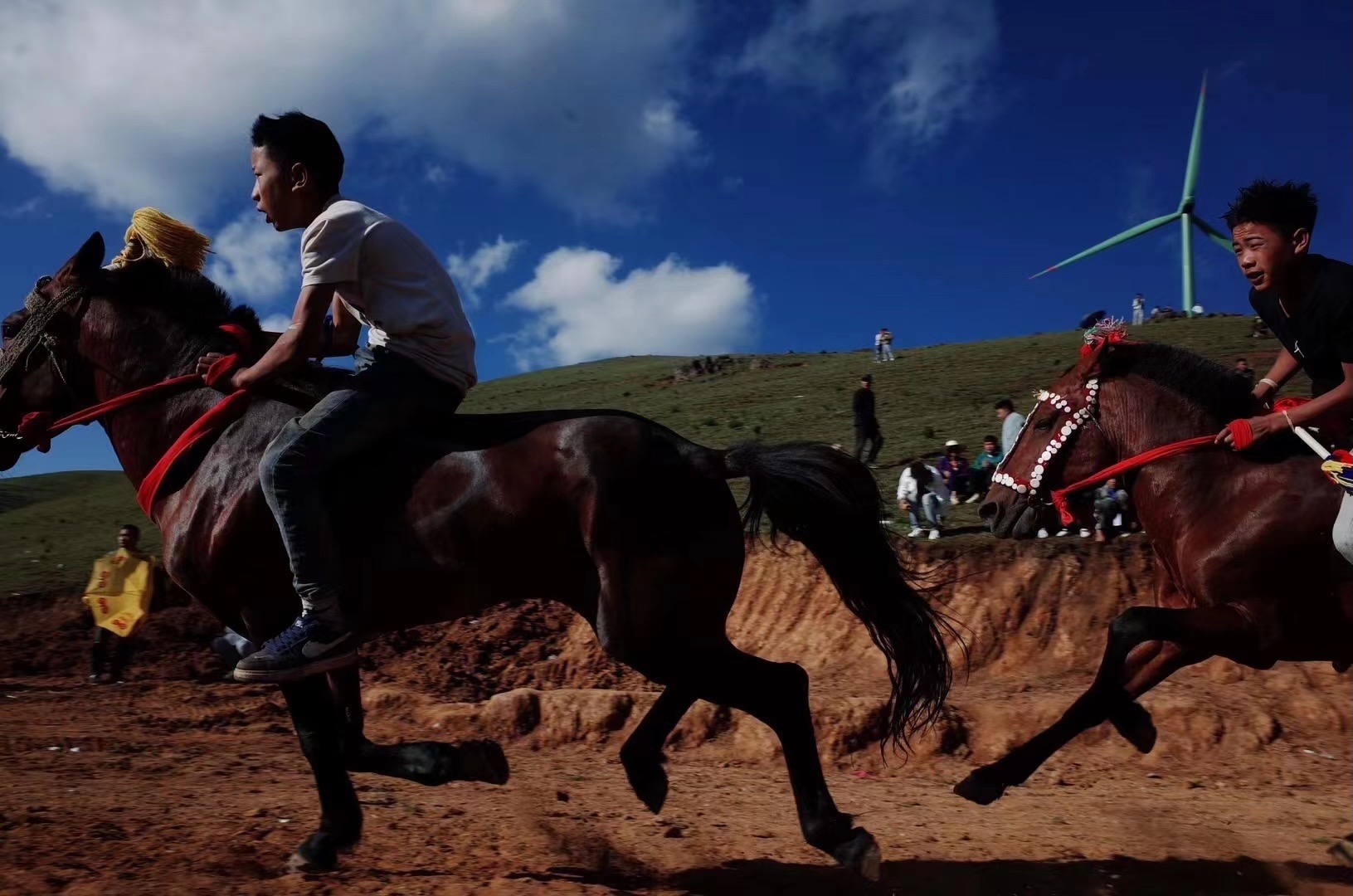
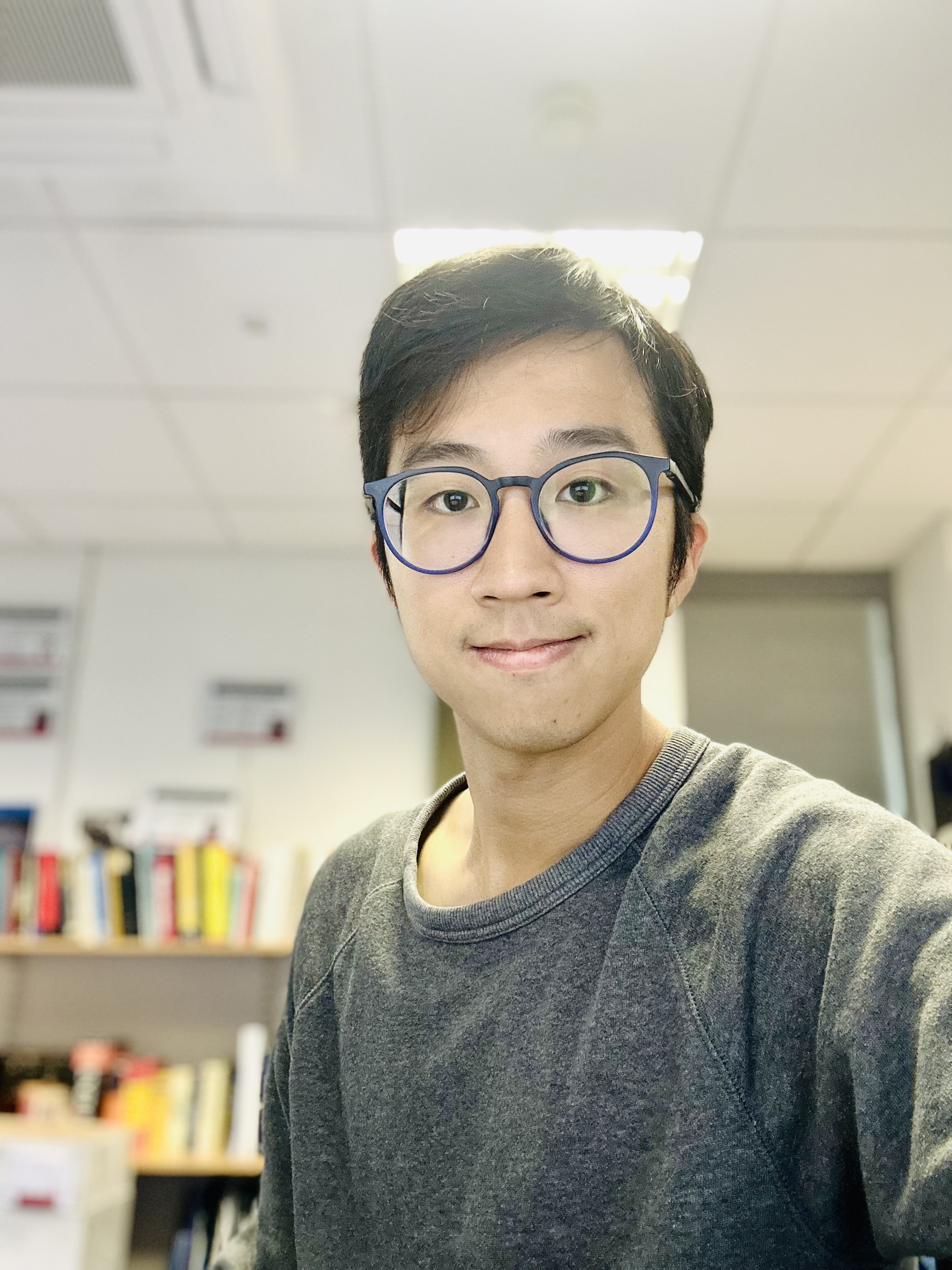
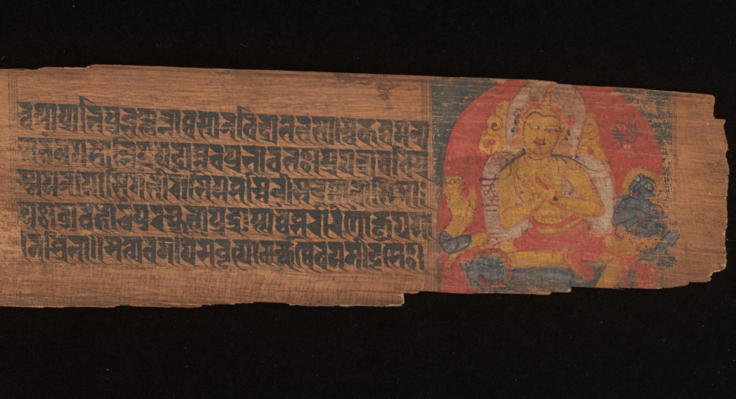
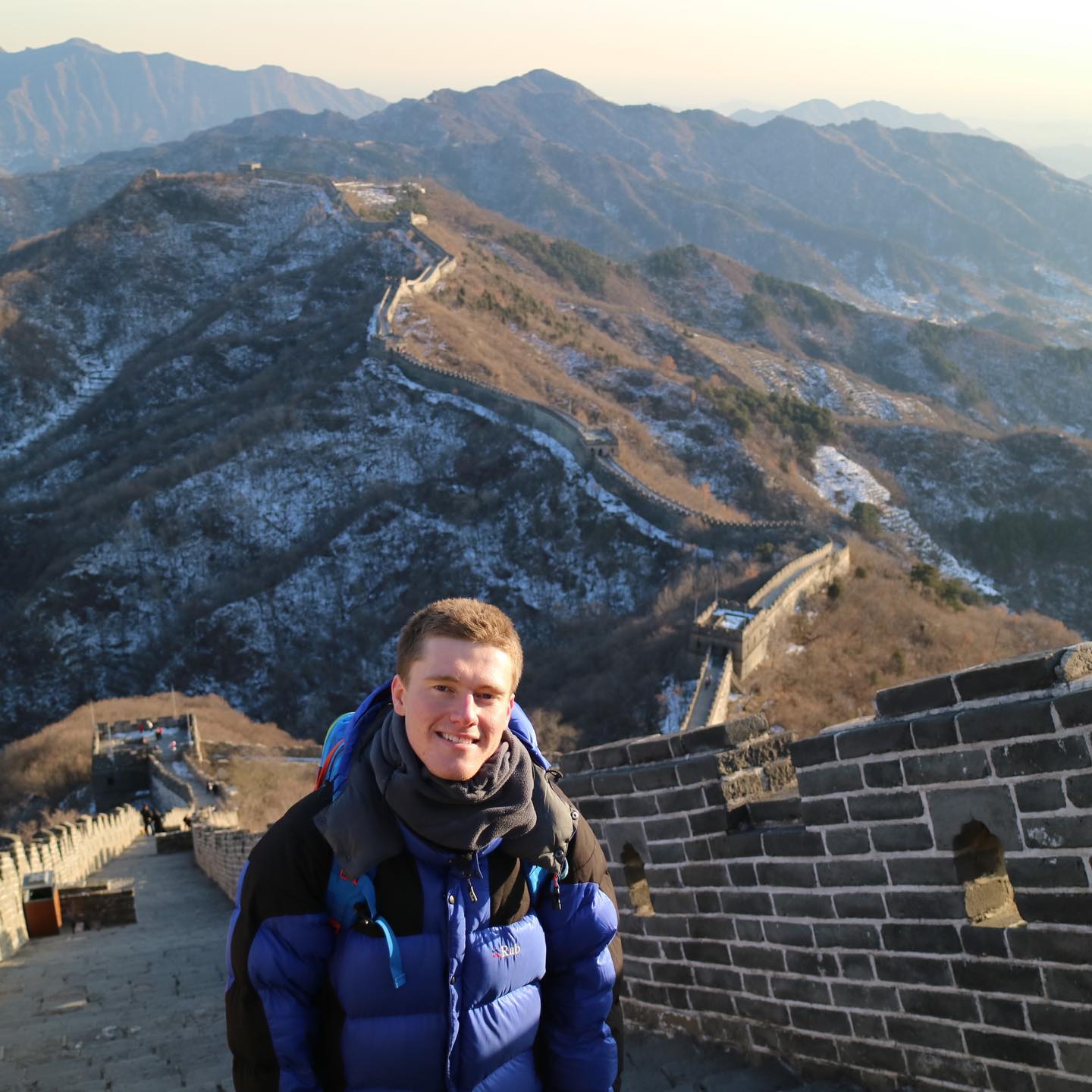
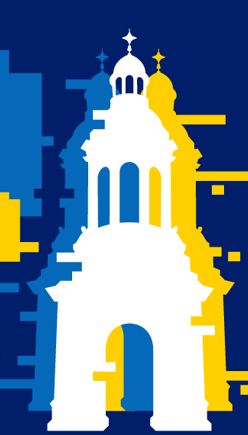
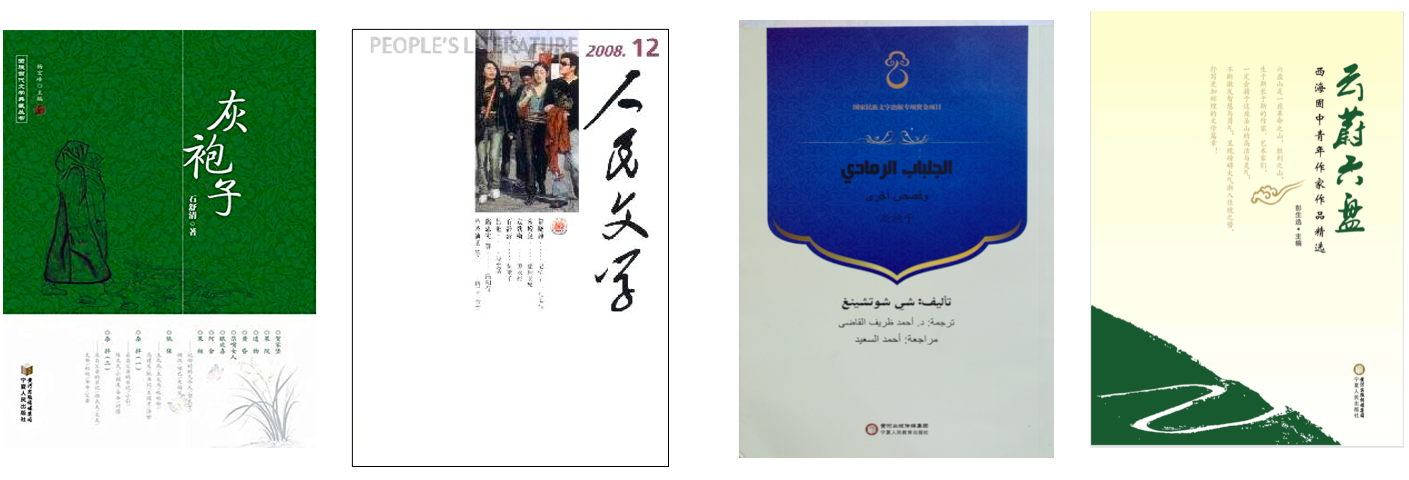
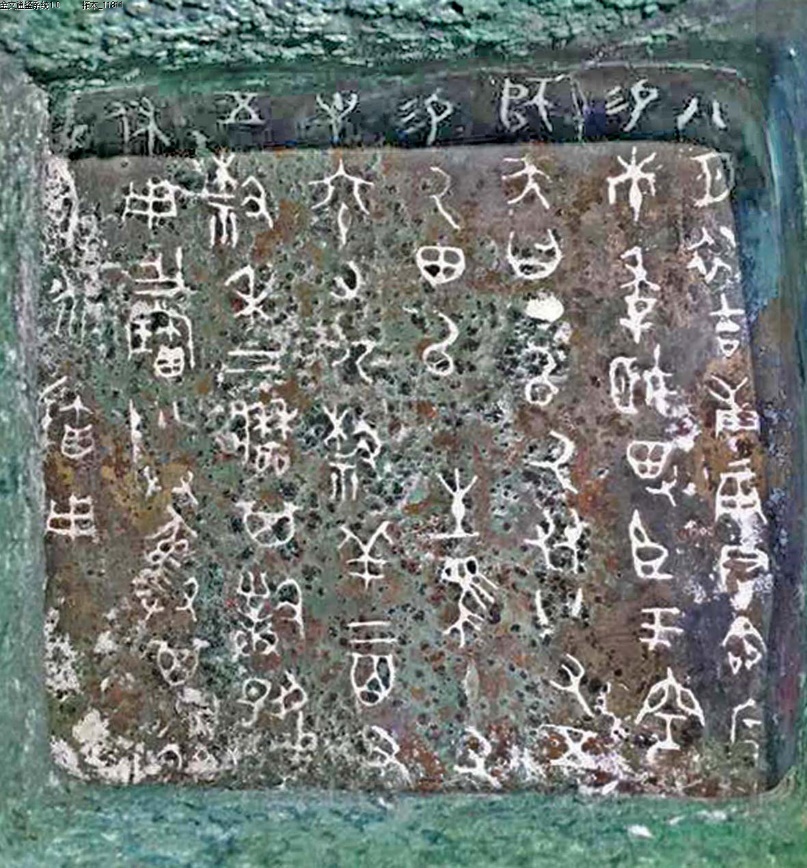
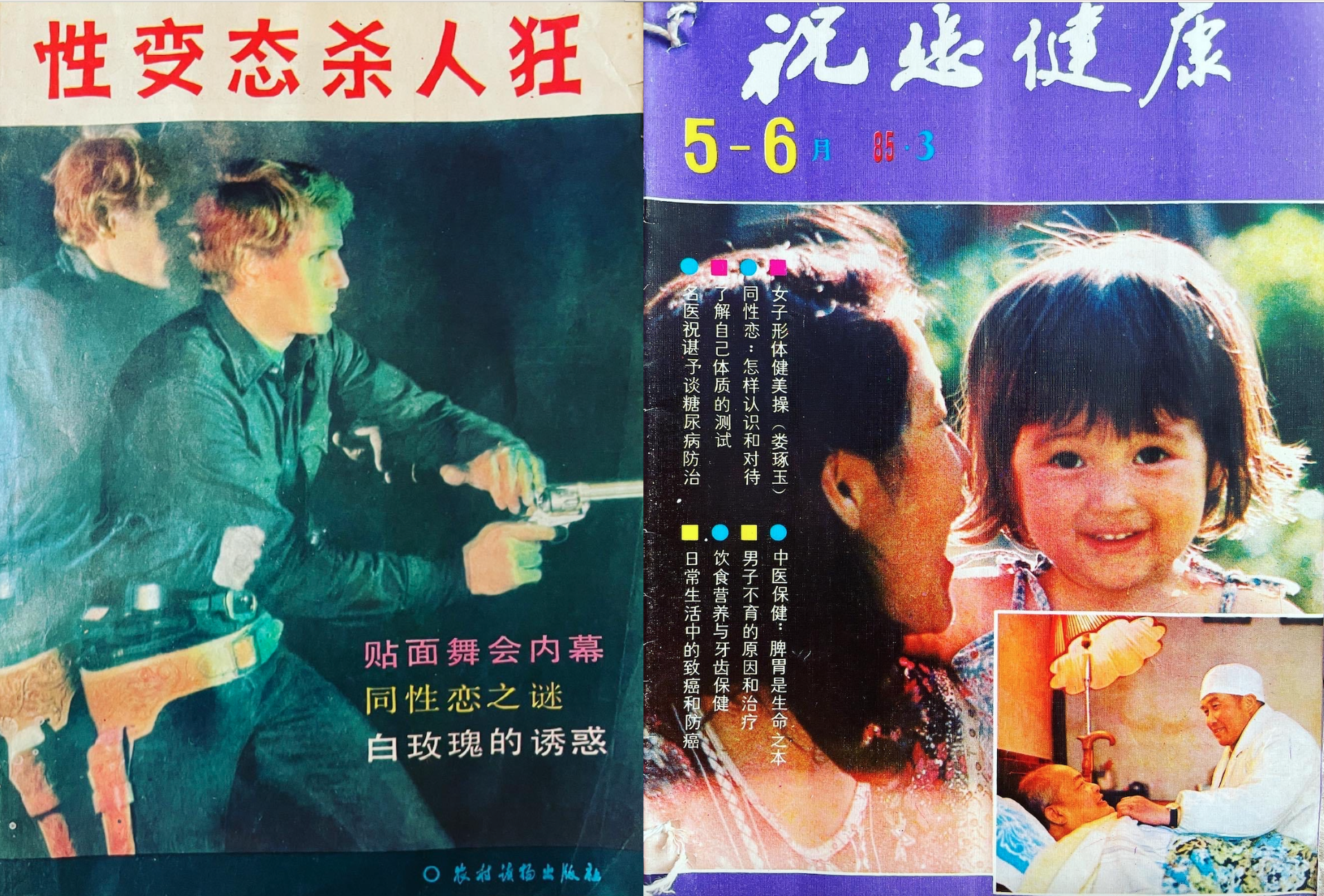
.jpg)
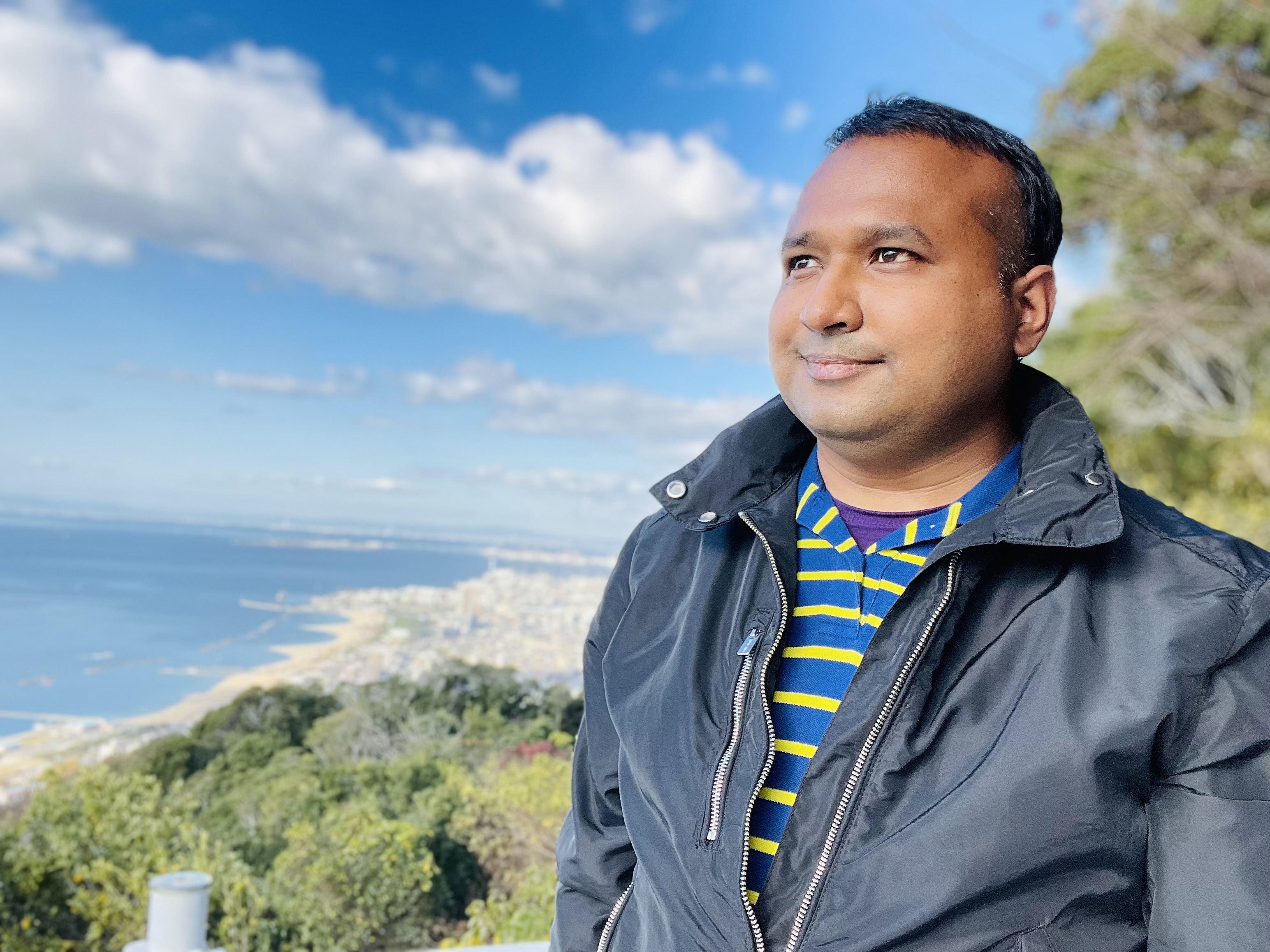
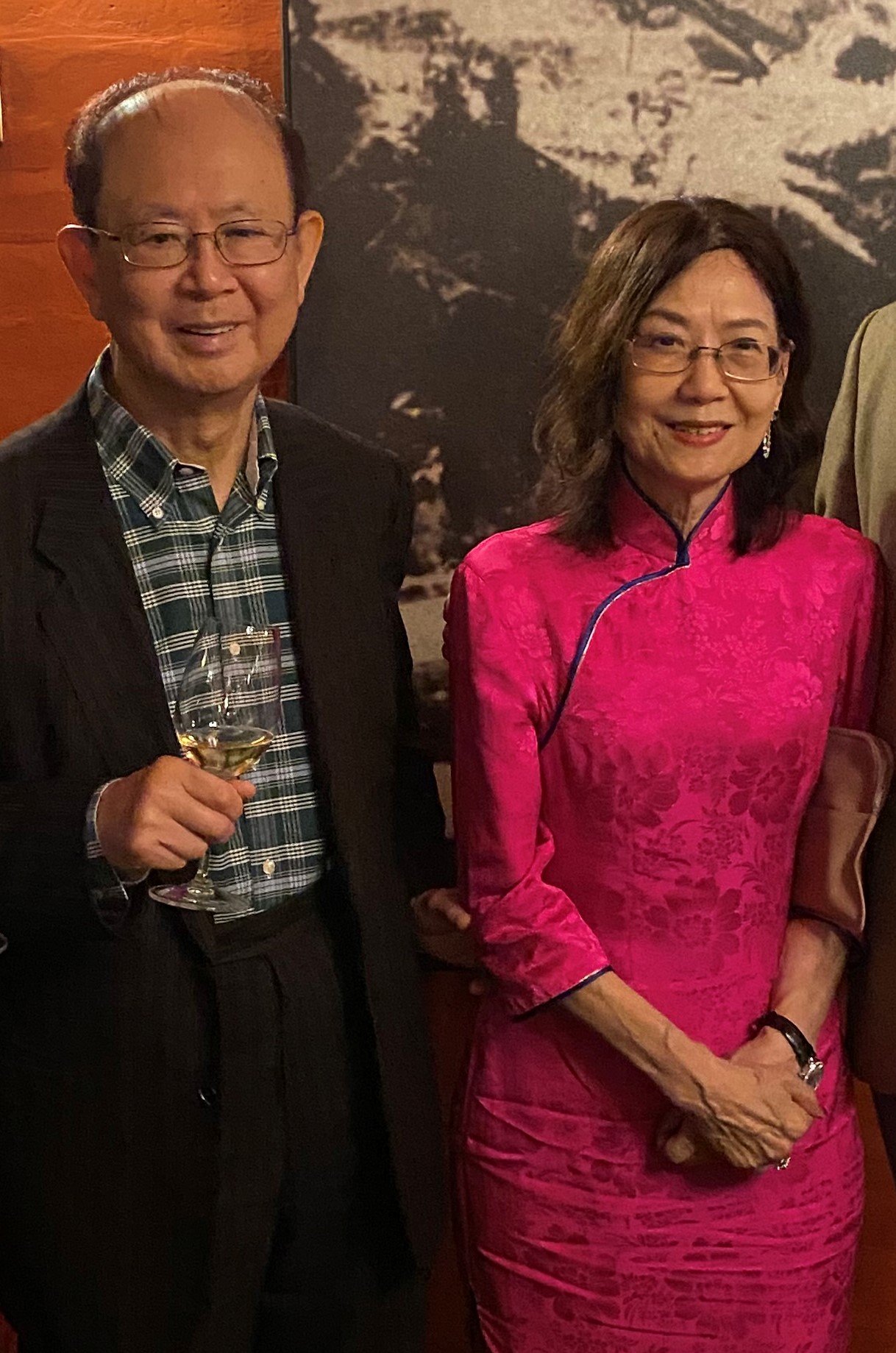
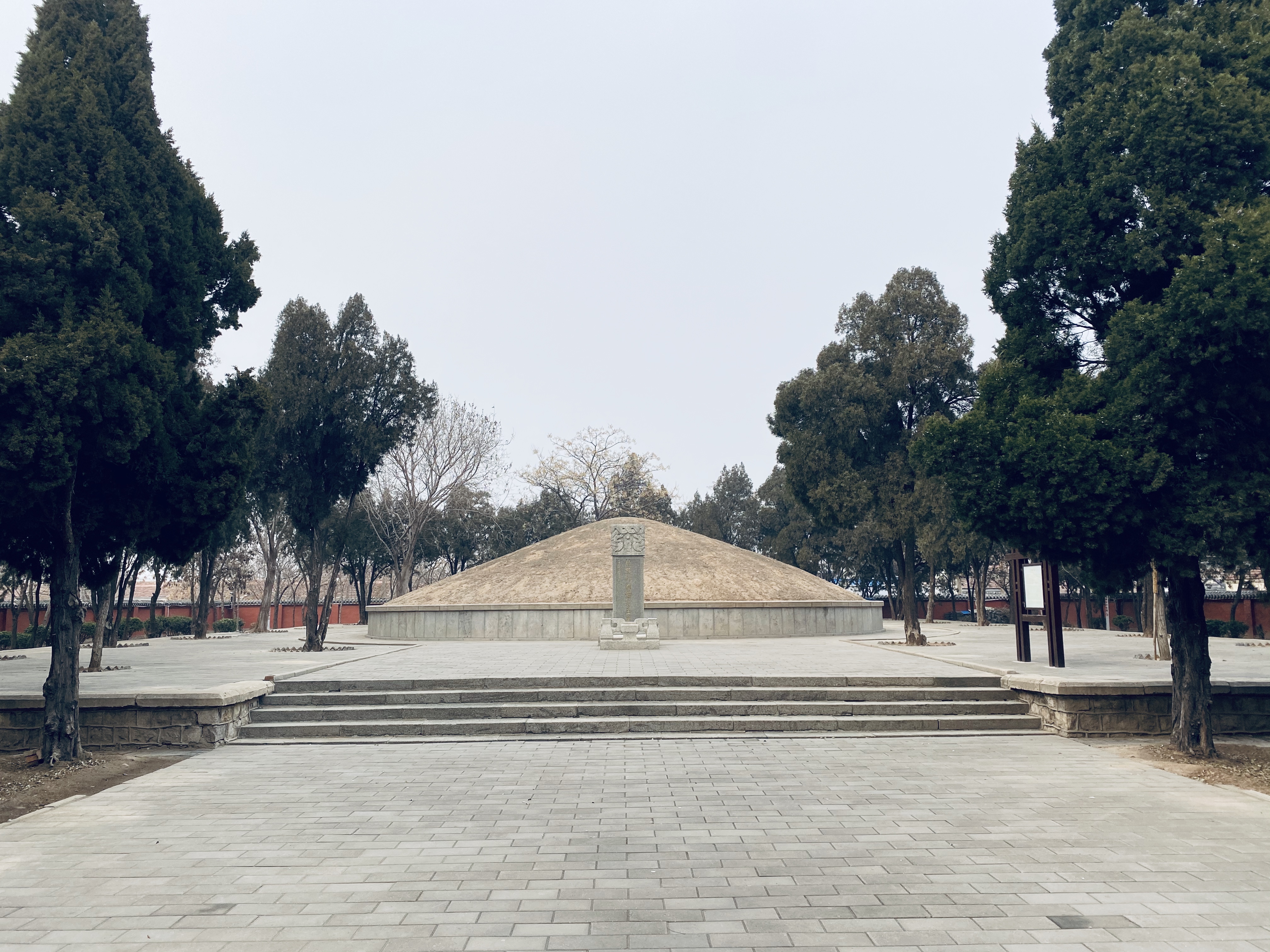
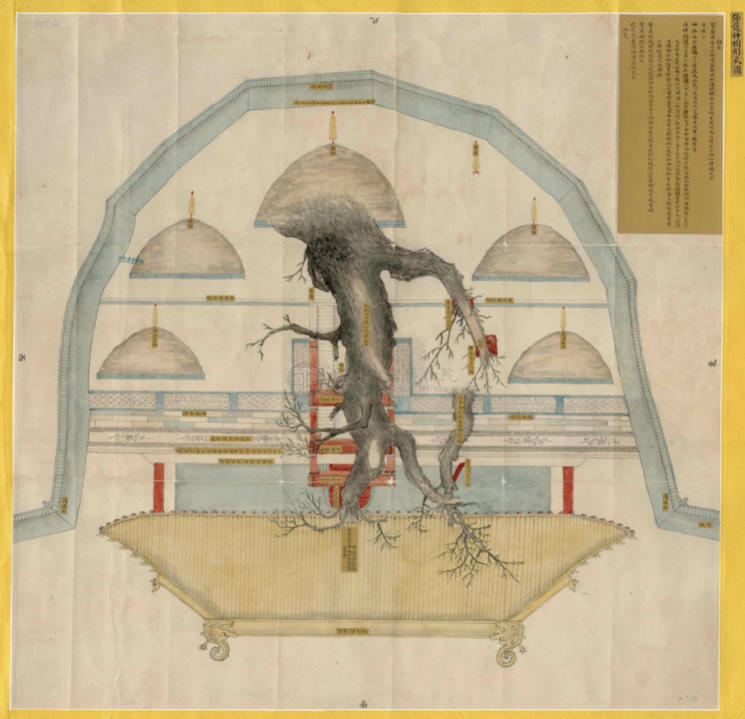
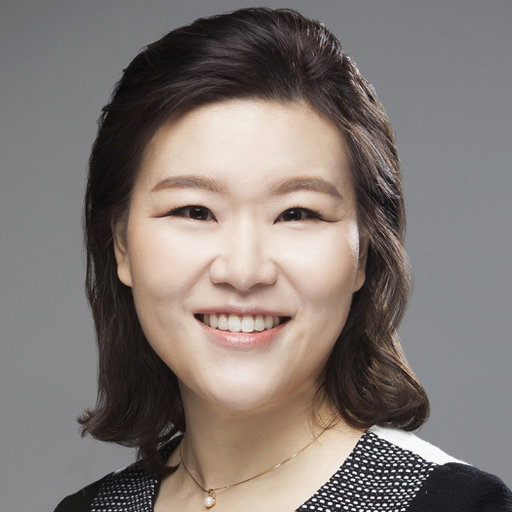
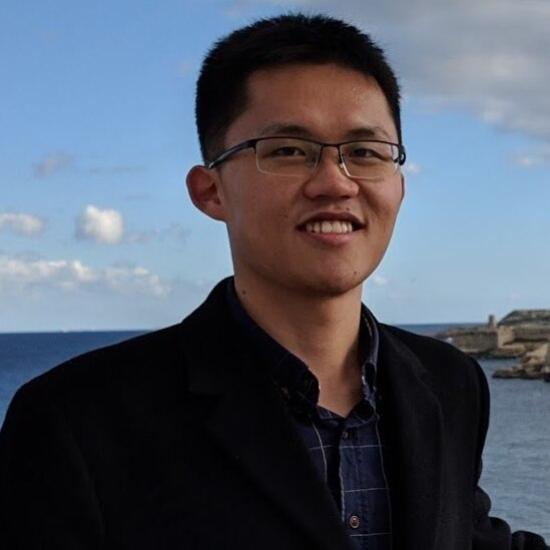
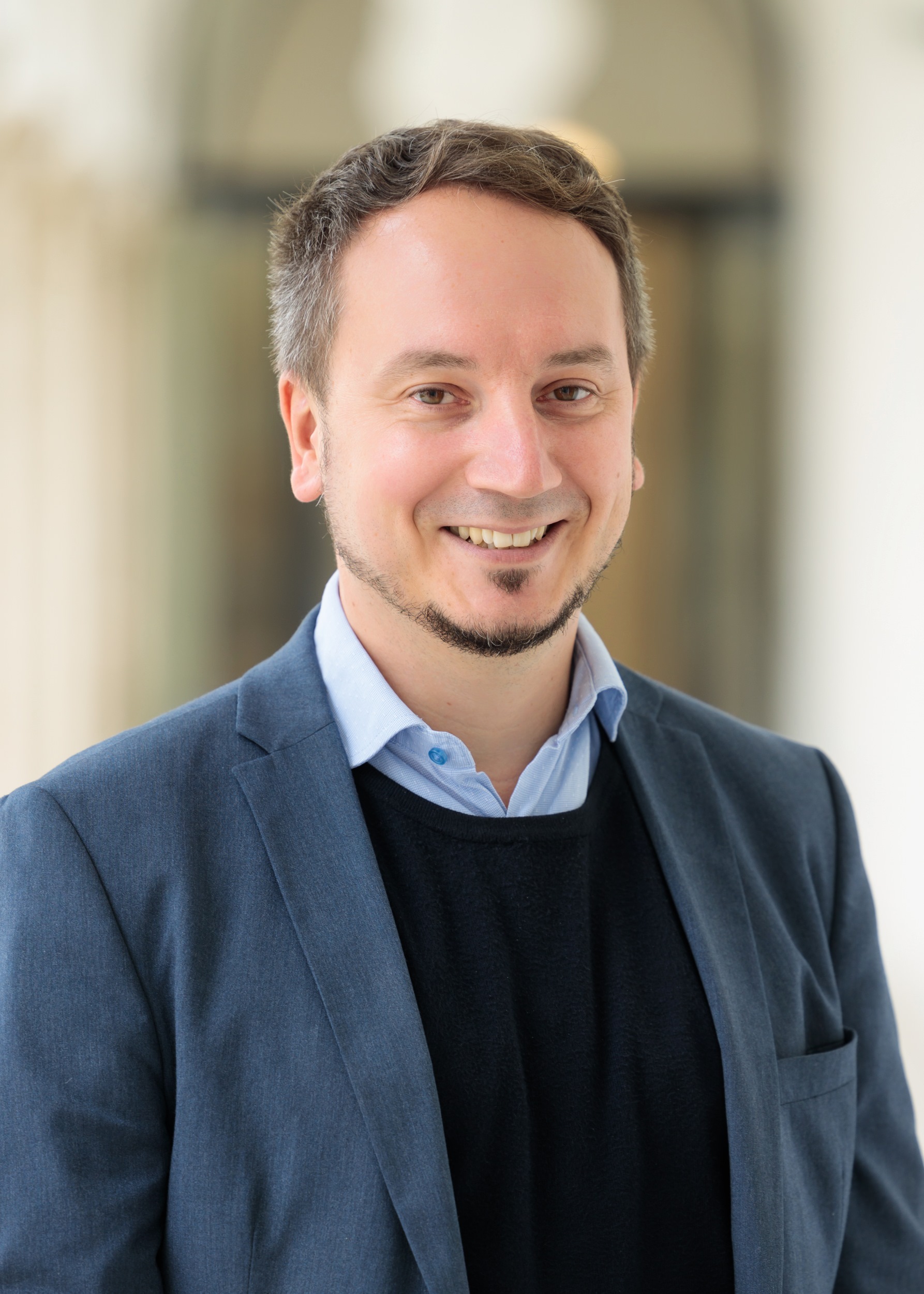
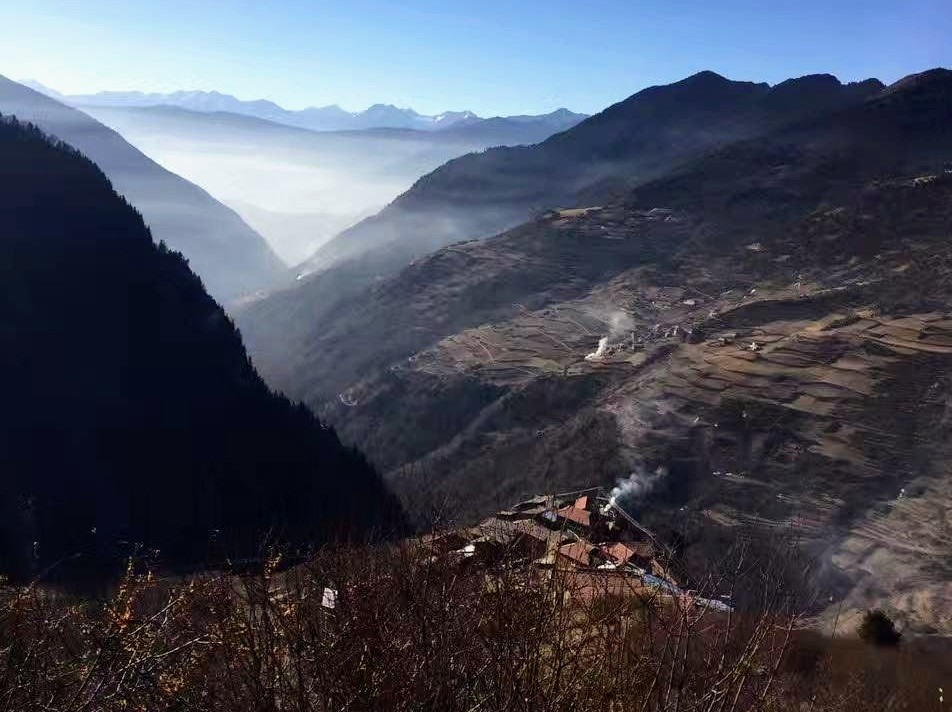
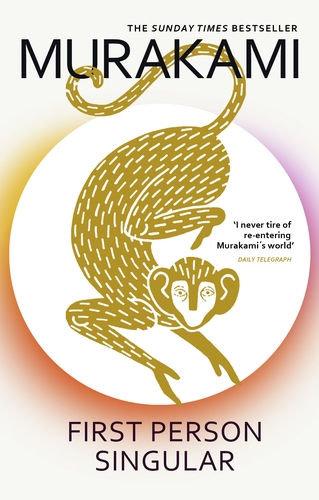


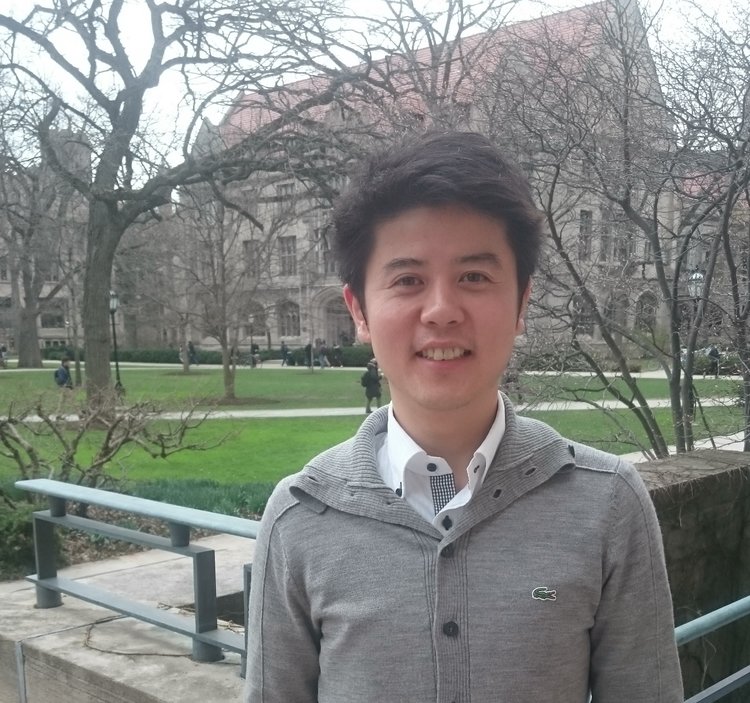

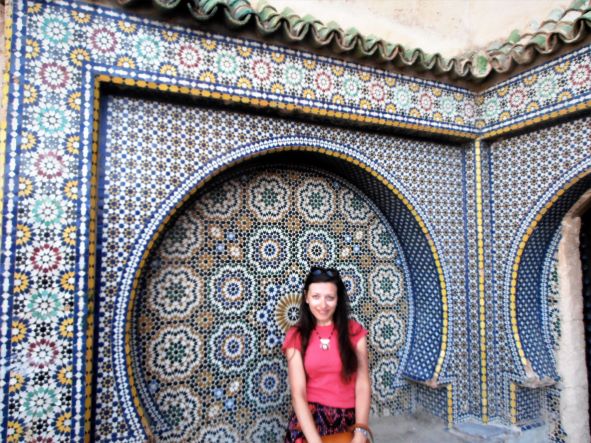

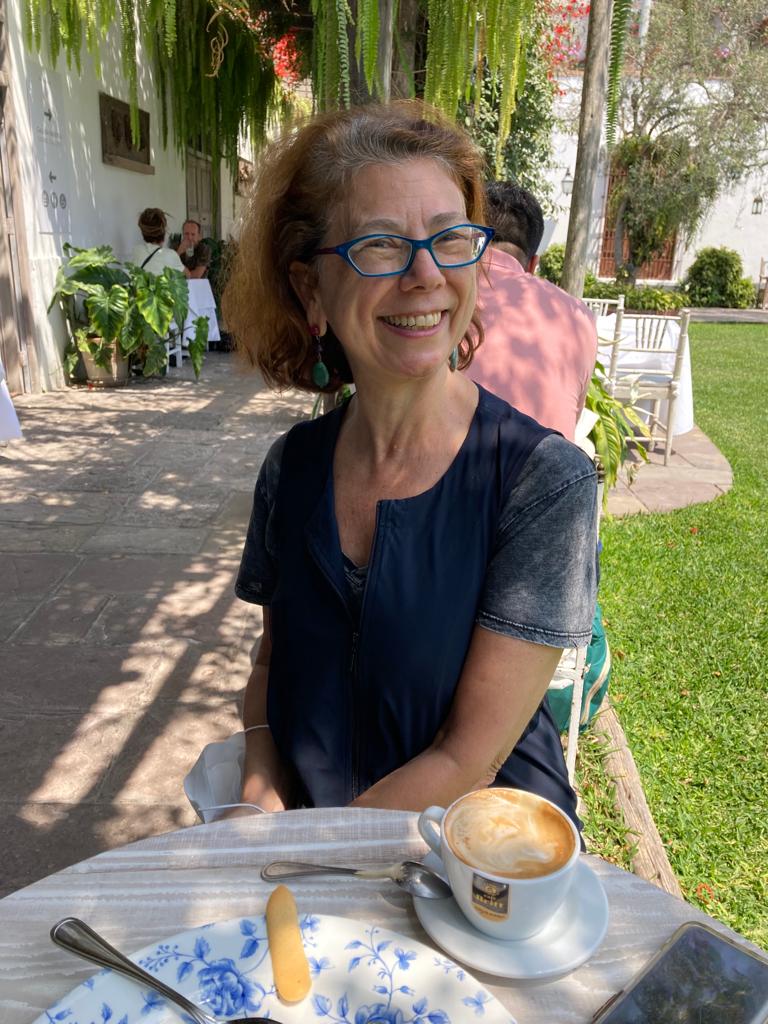
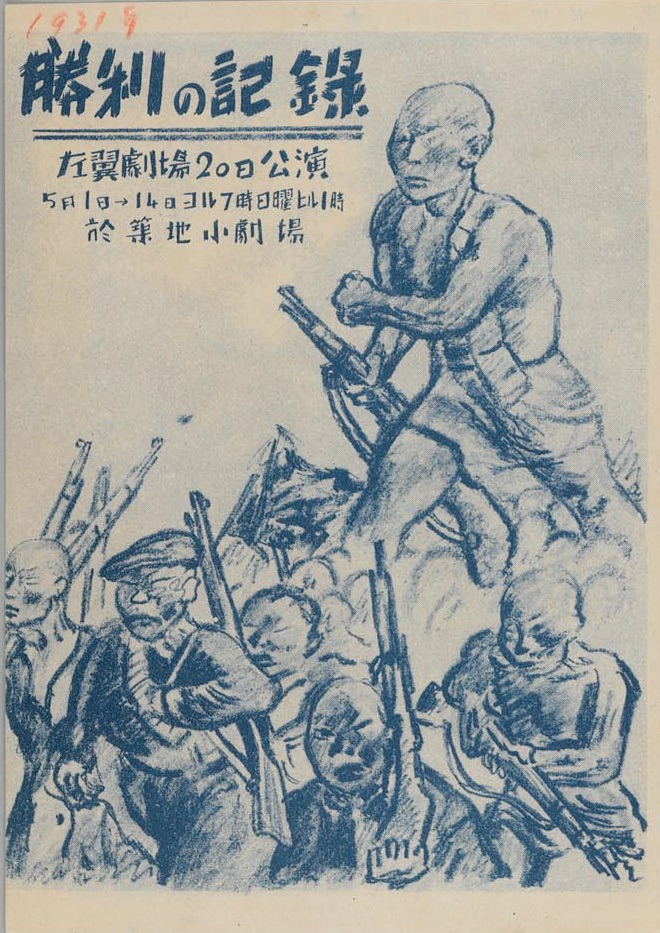
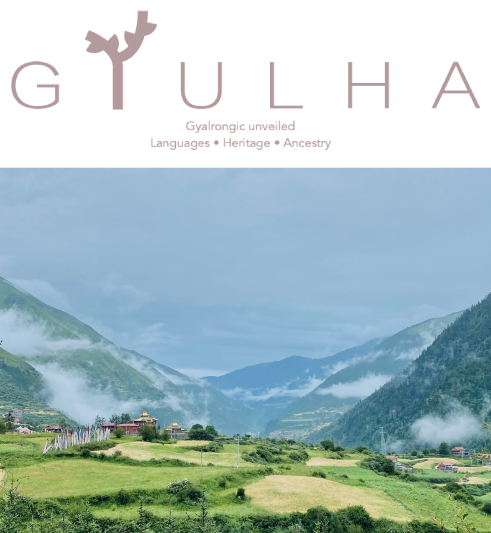
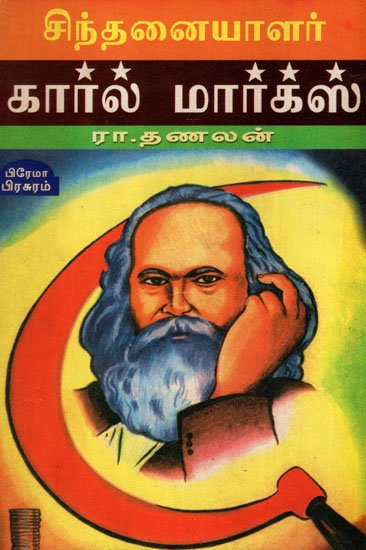
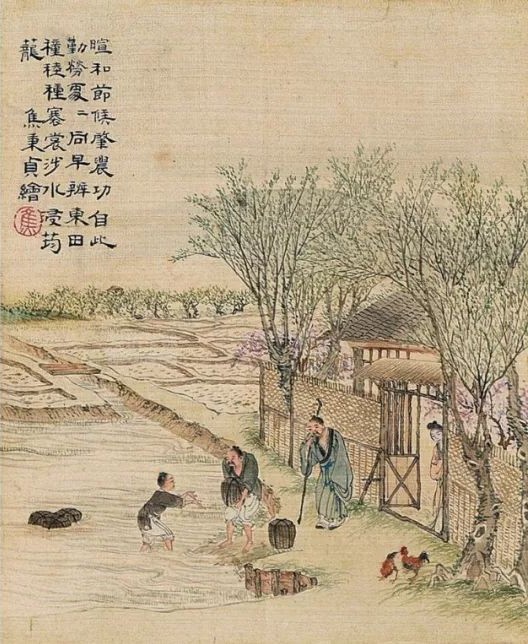
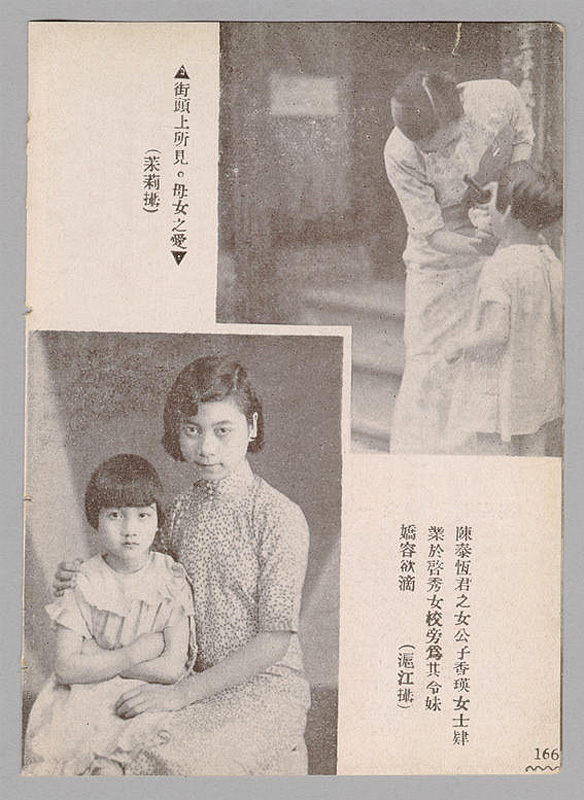
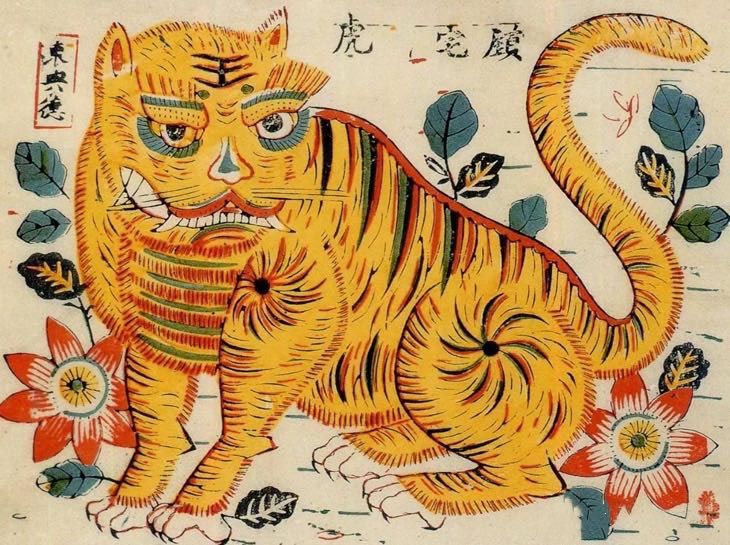
3.jpg)
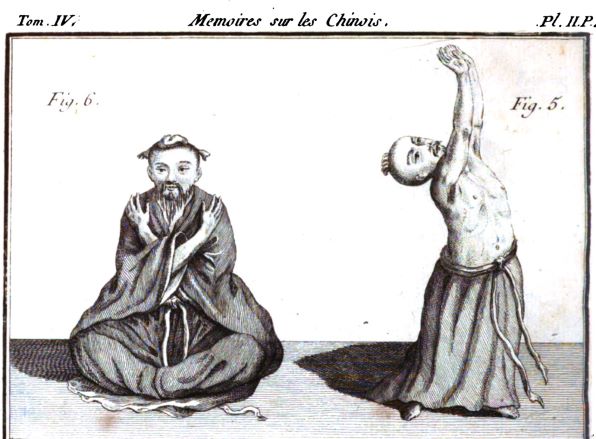

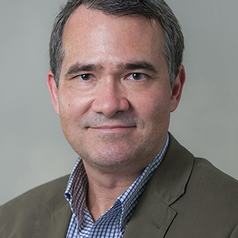
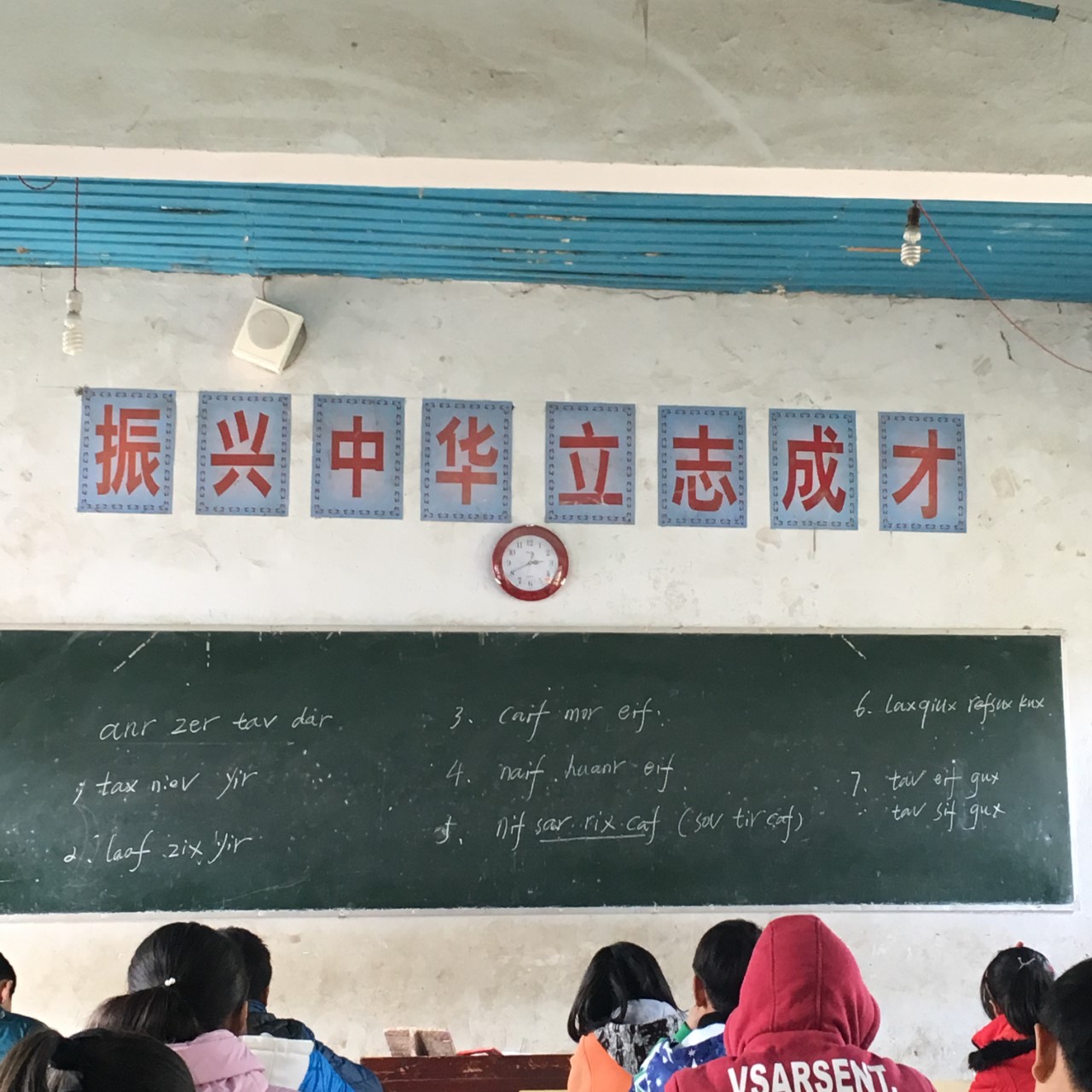
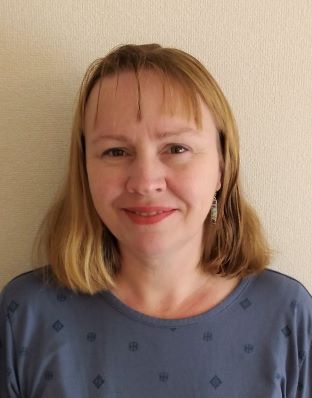
 Du.png)

